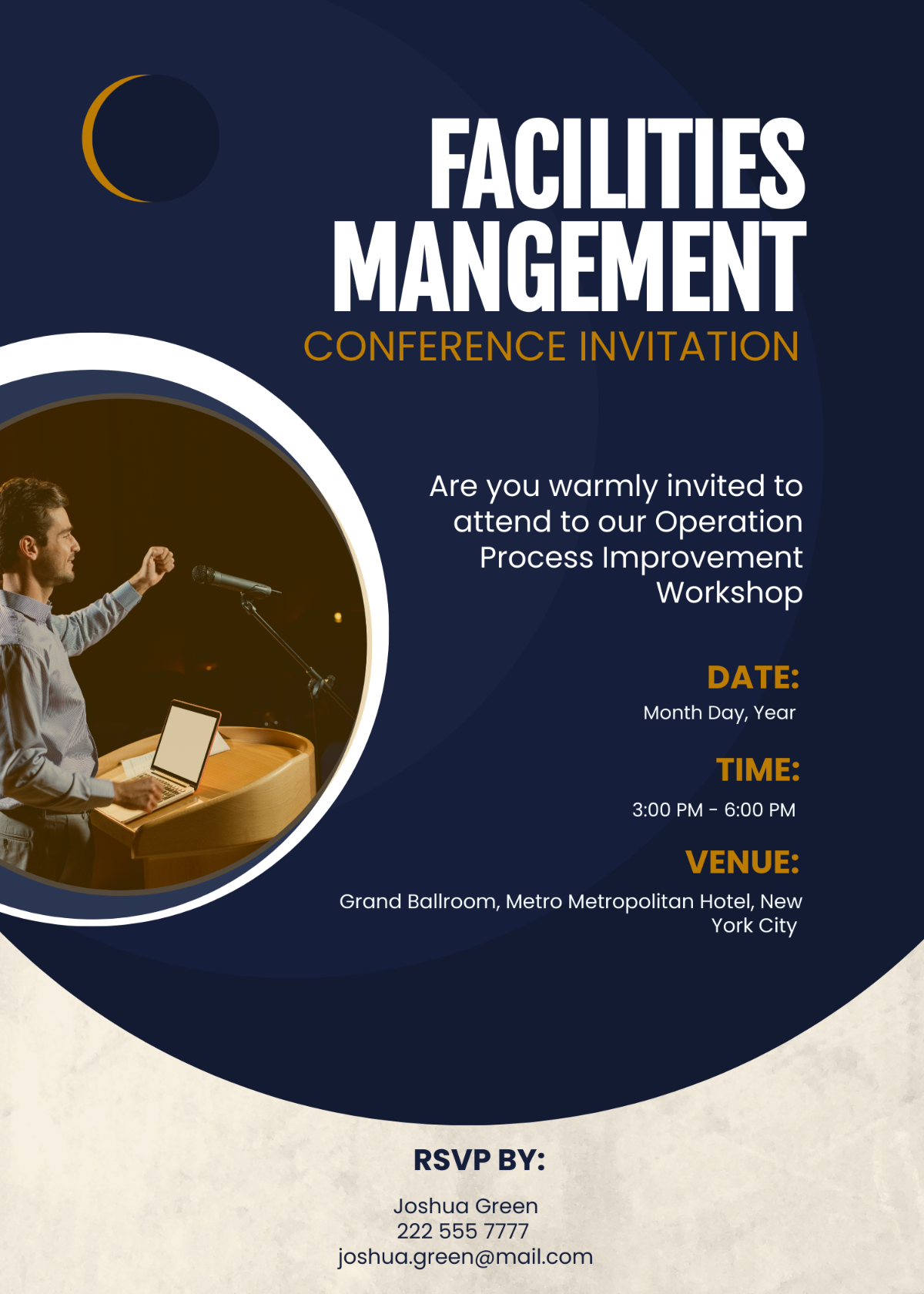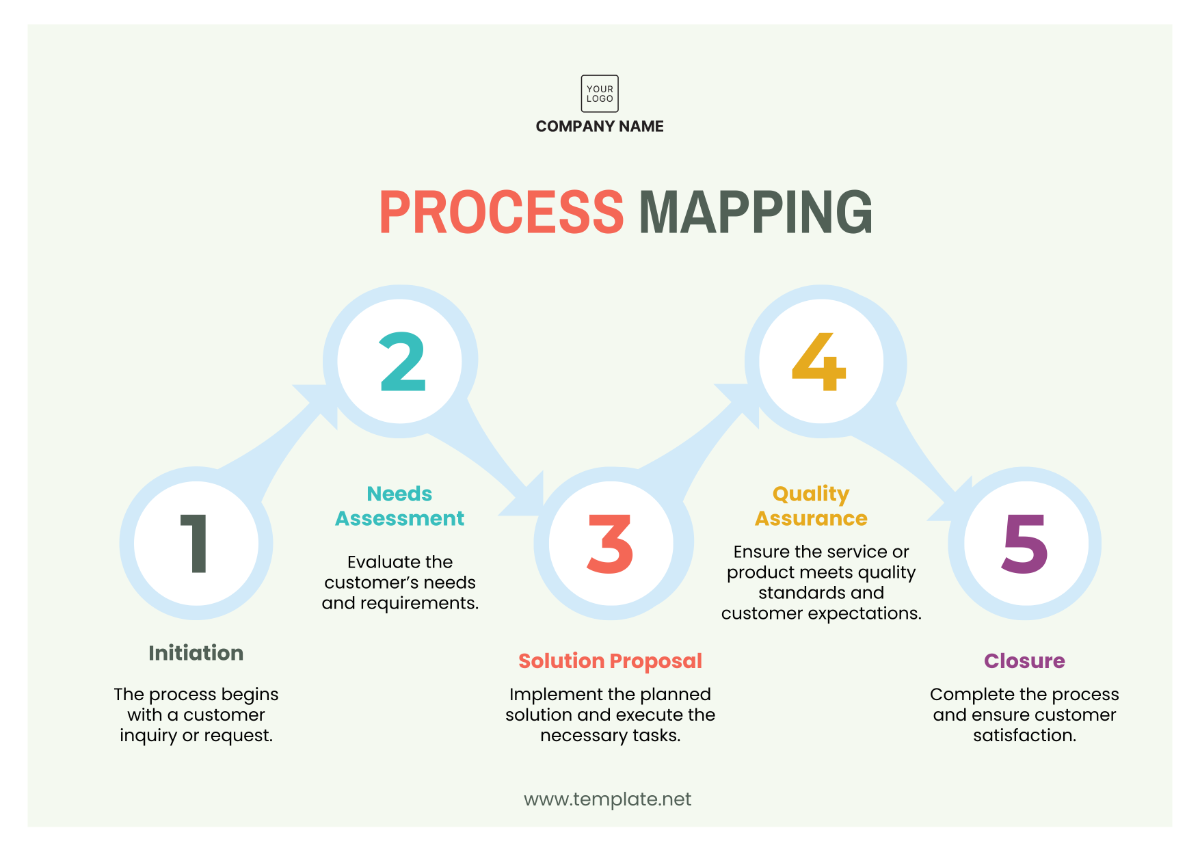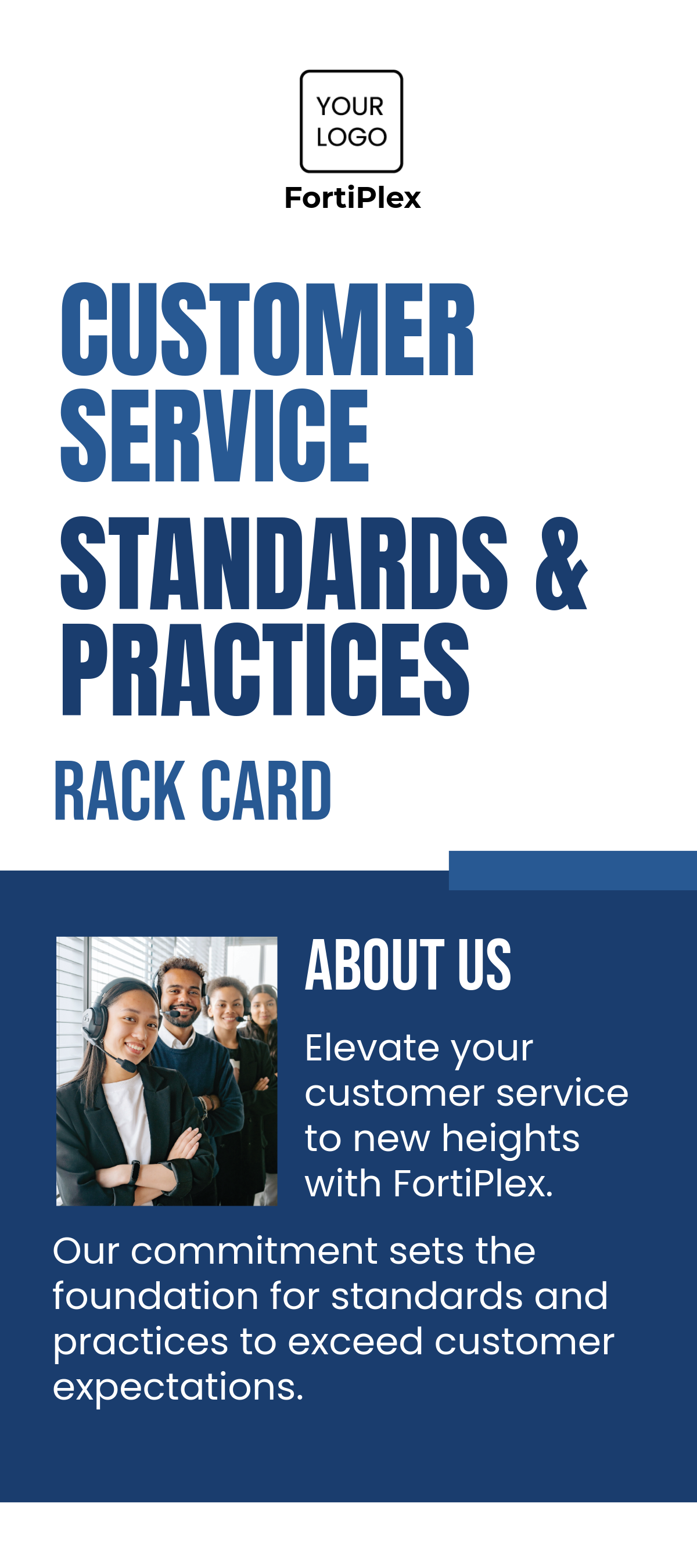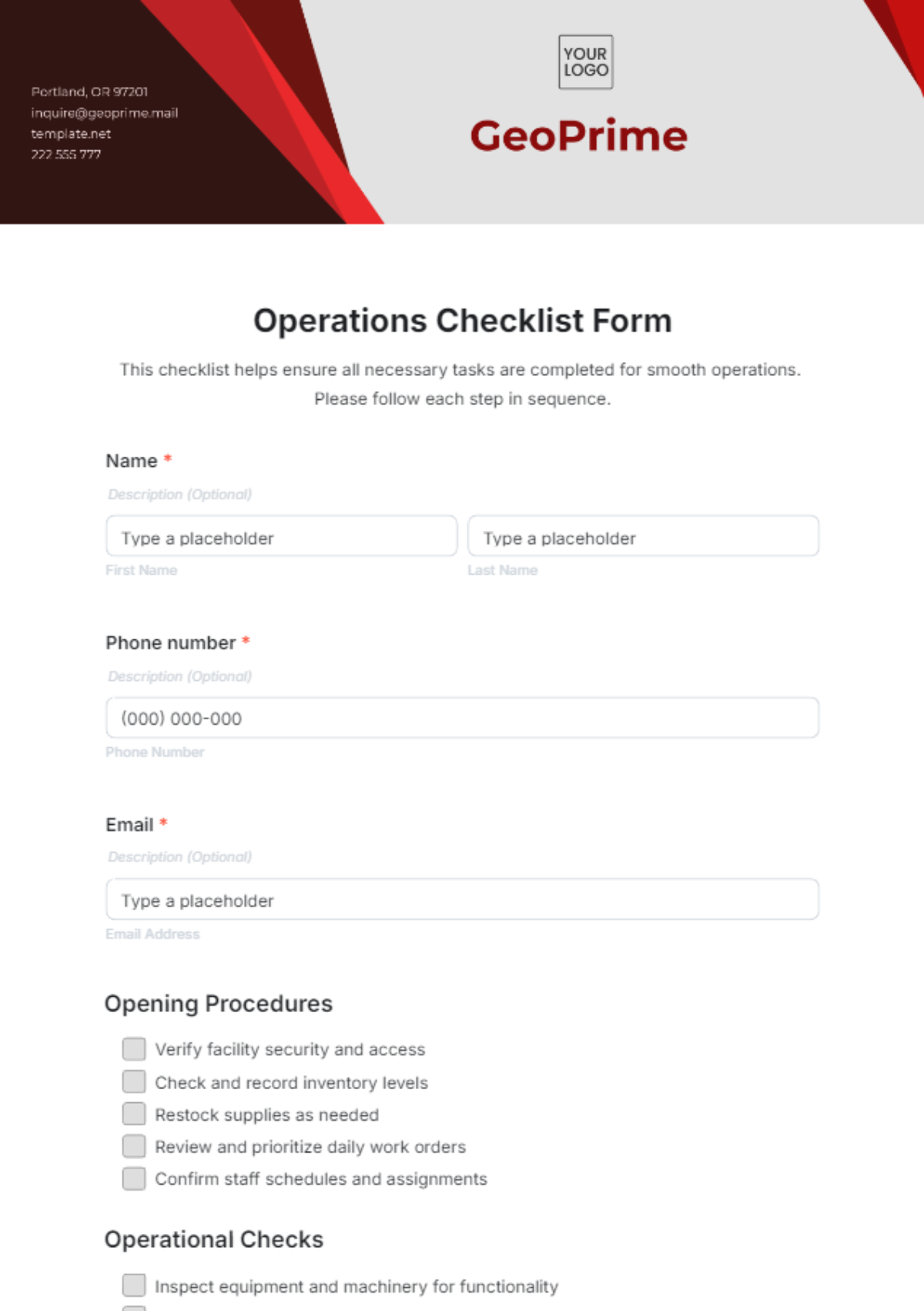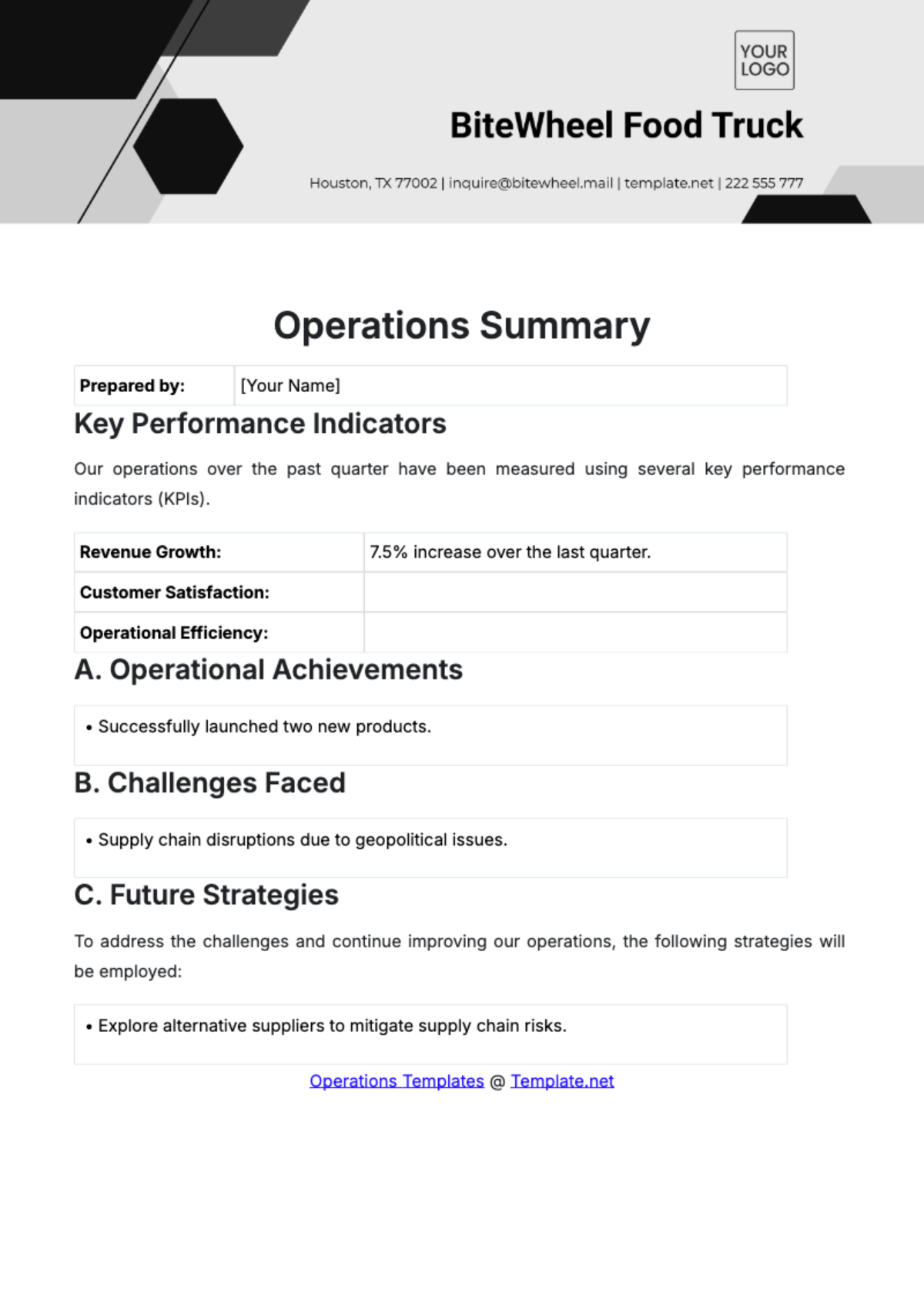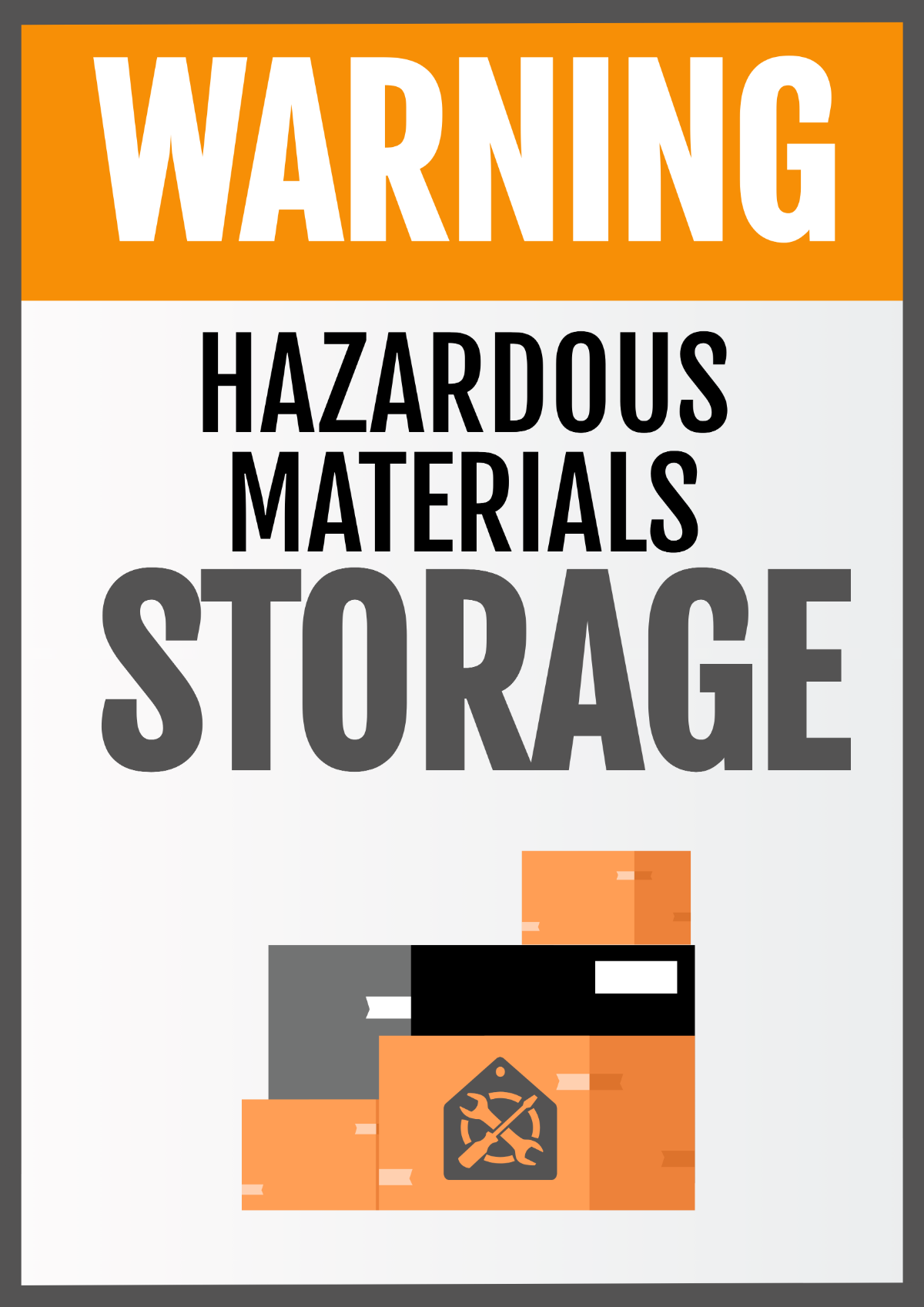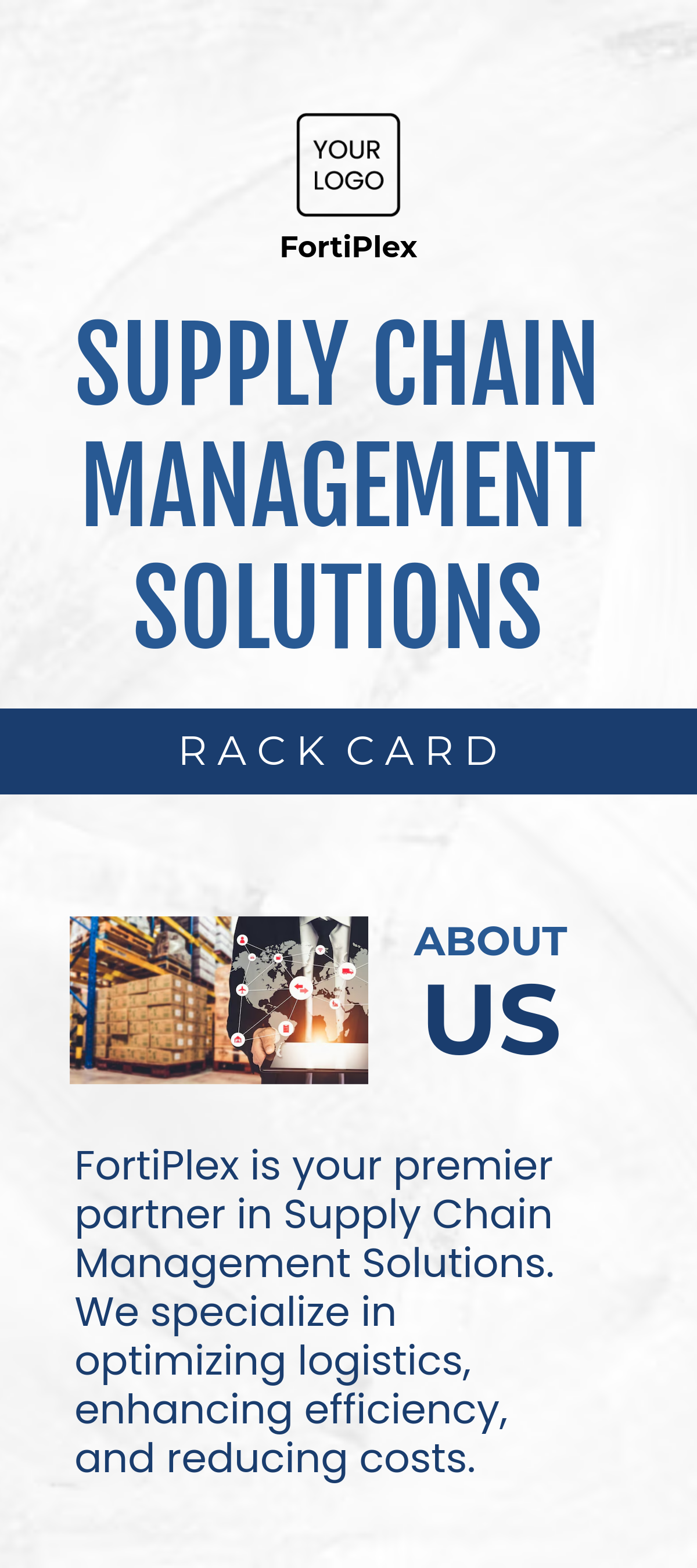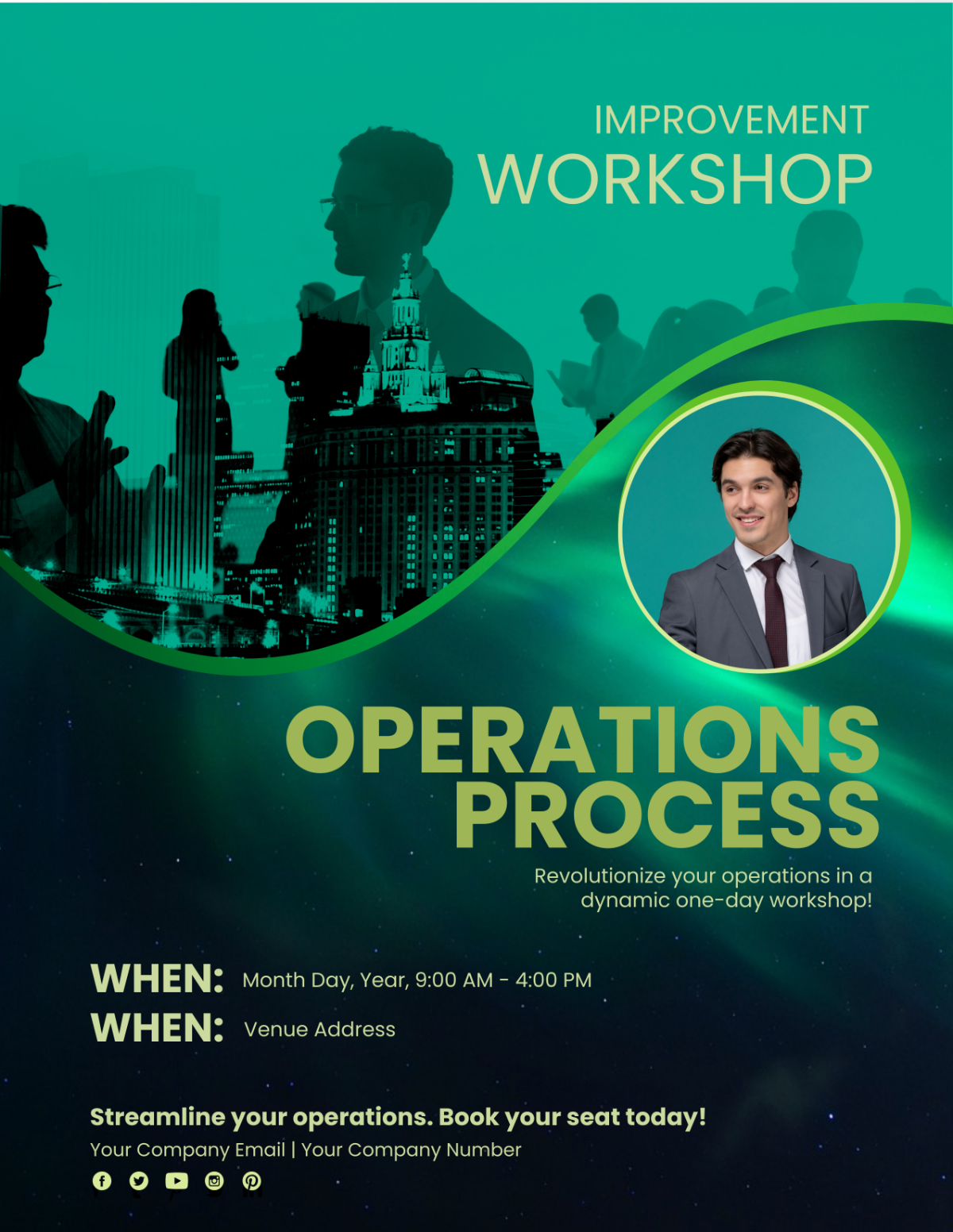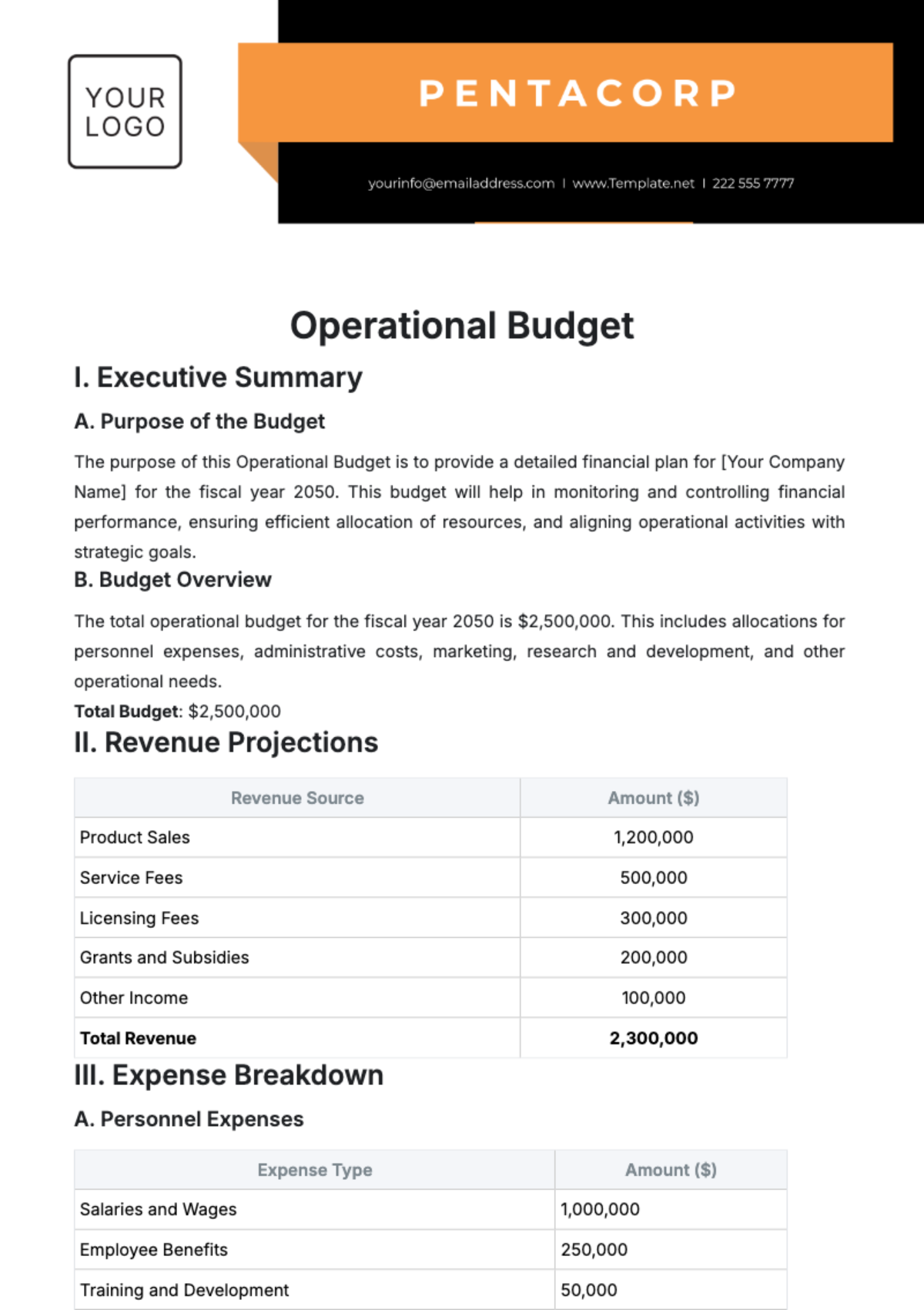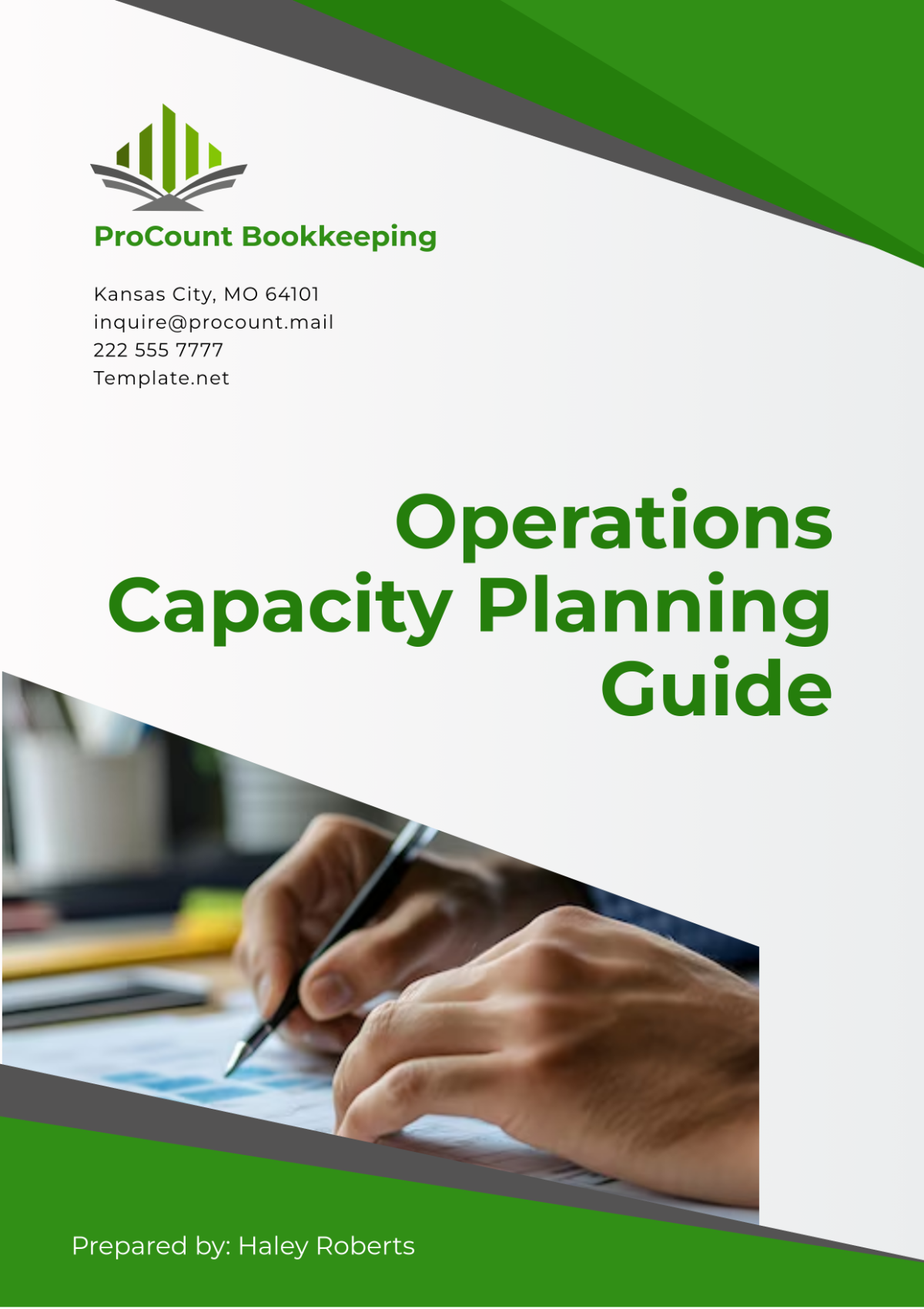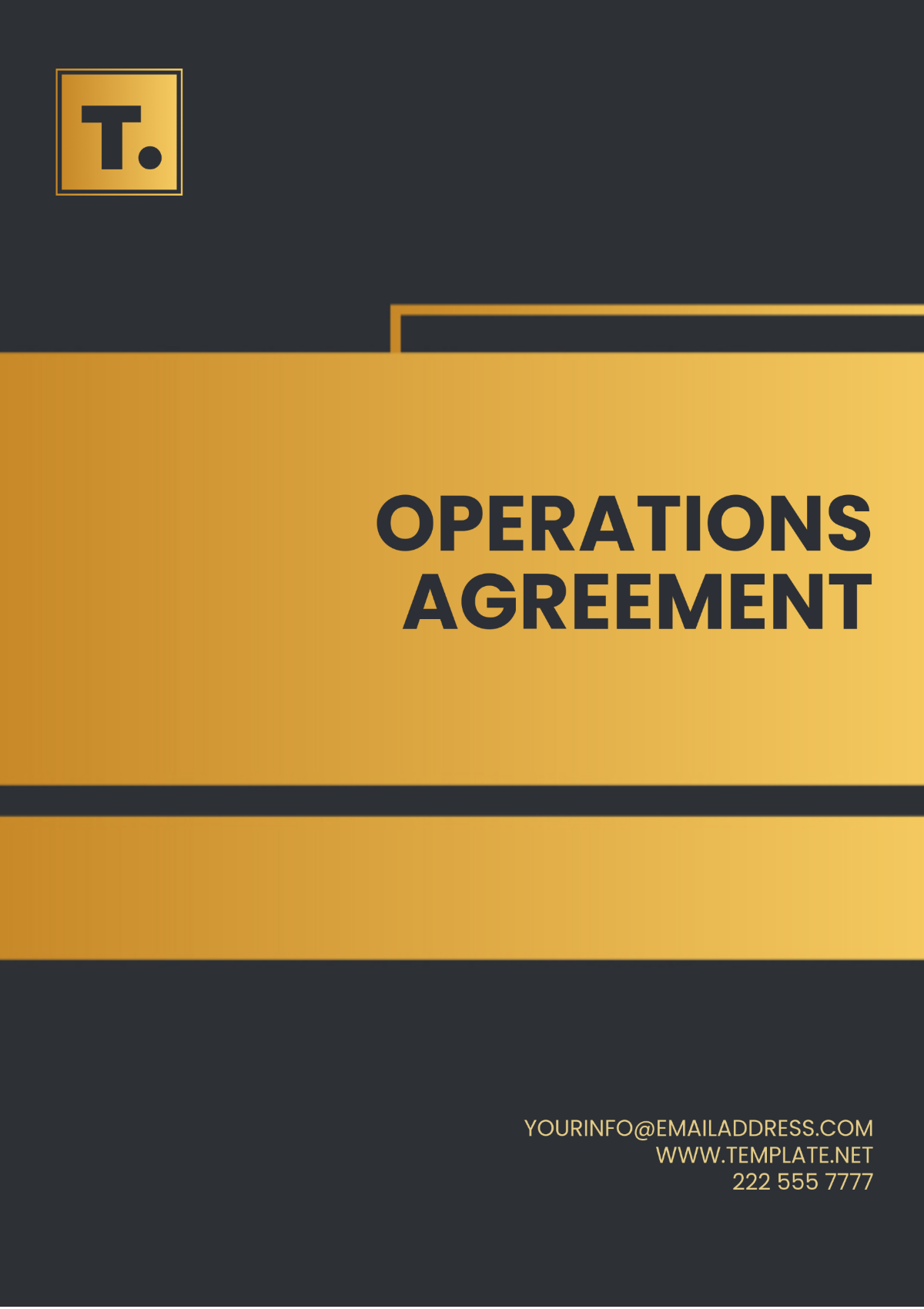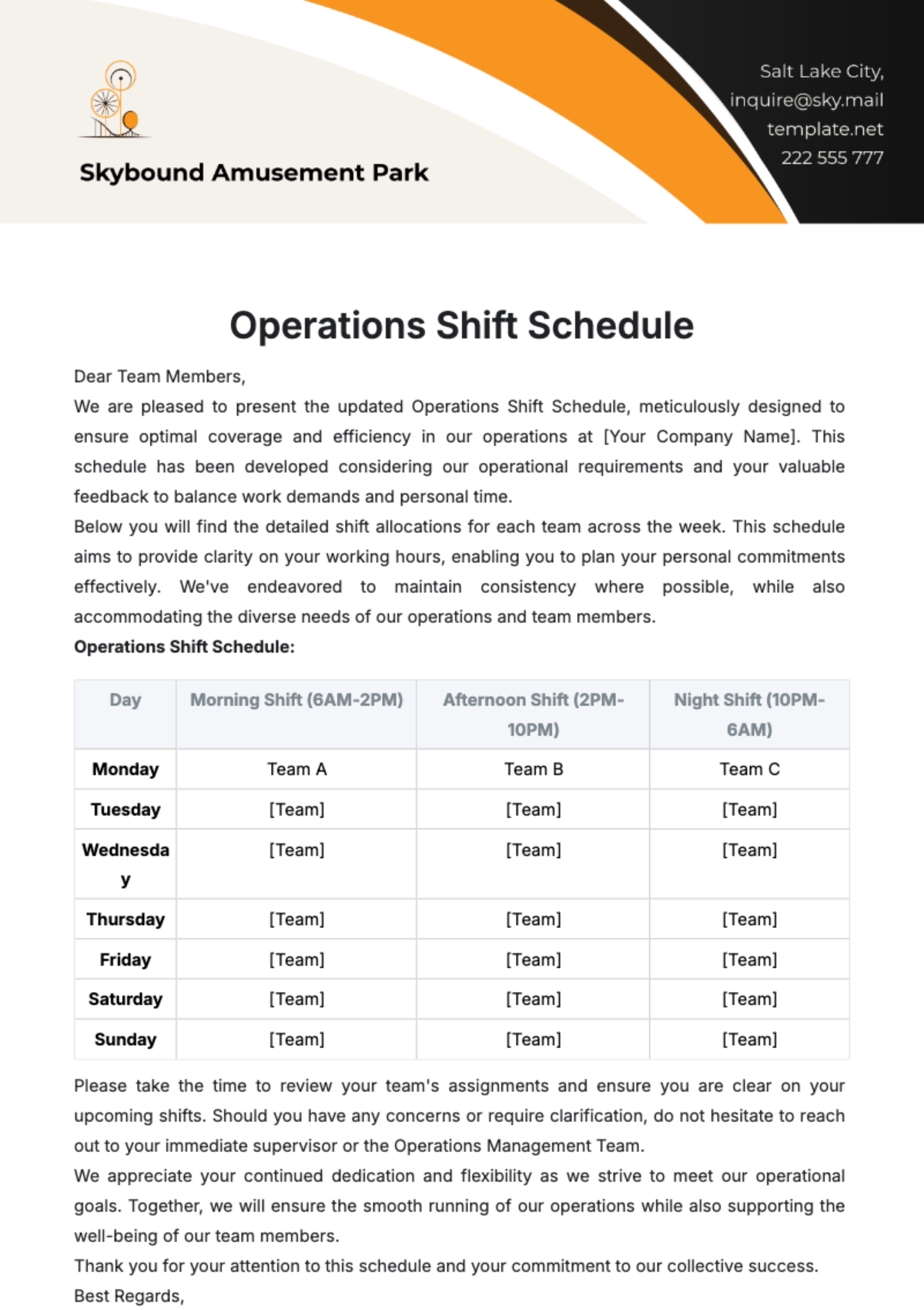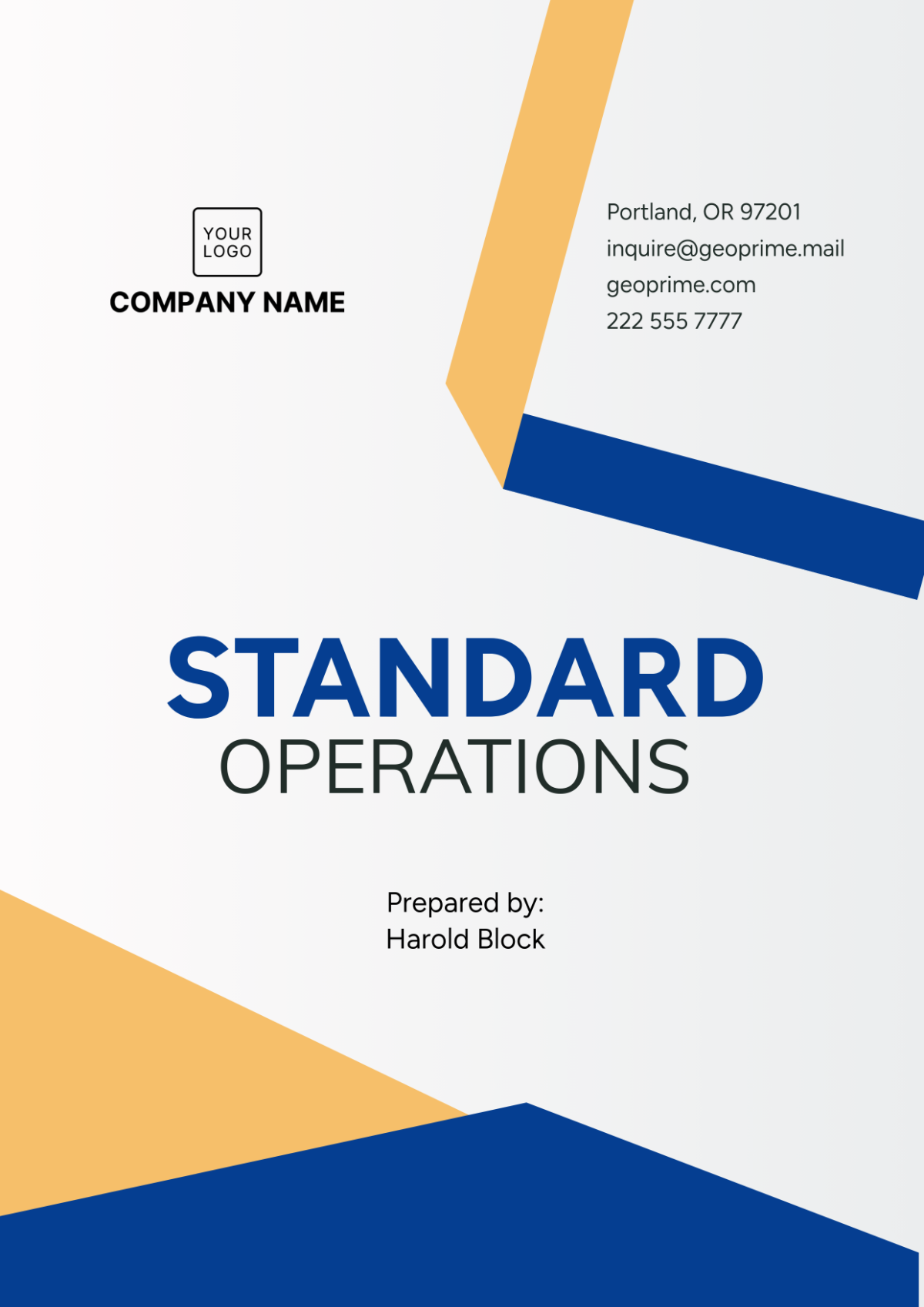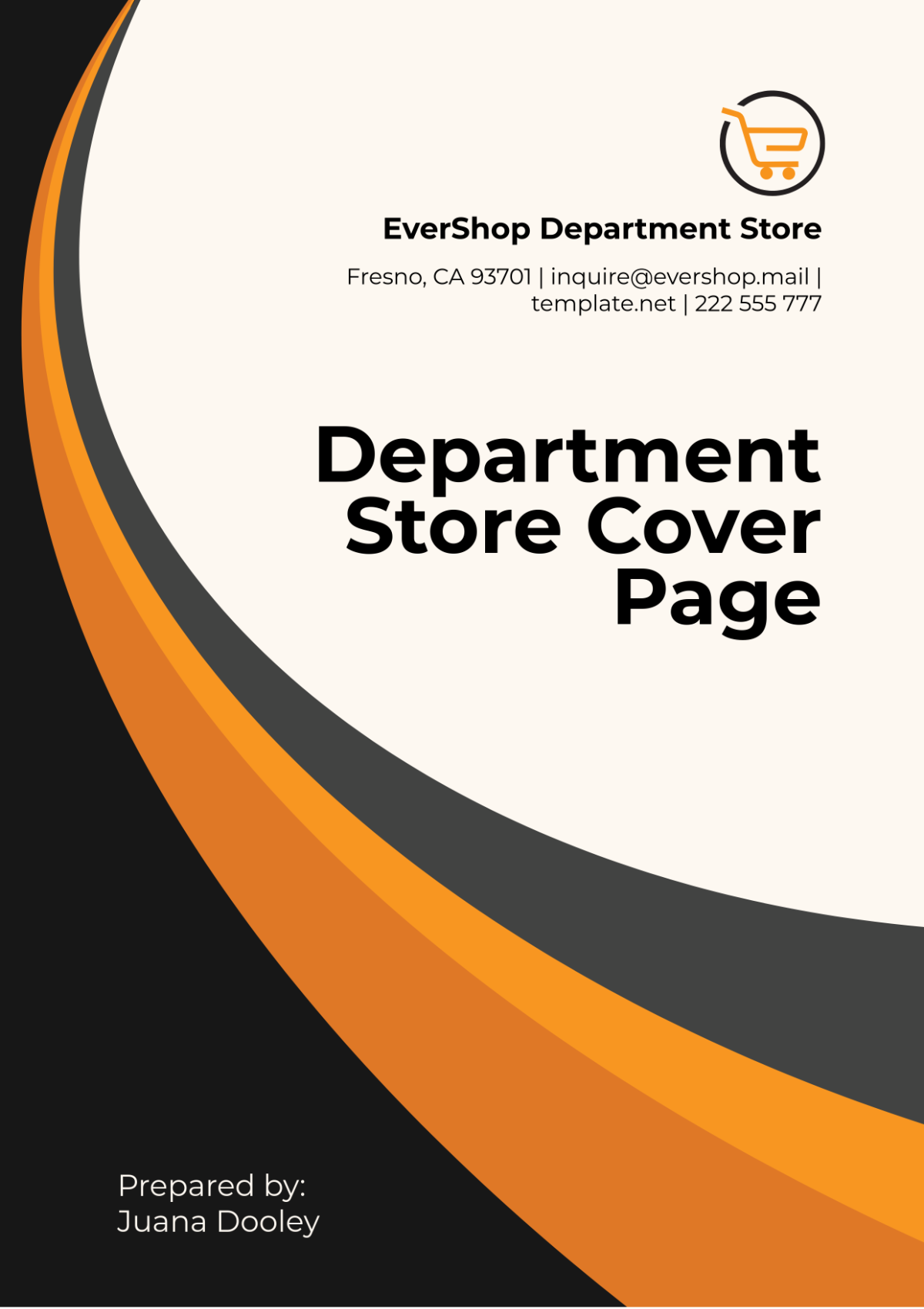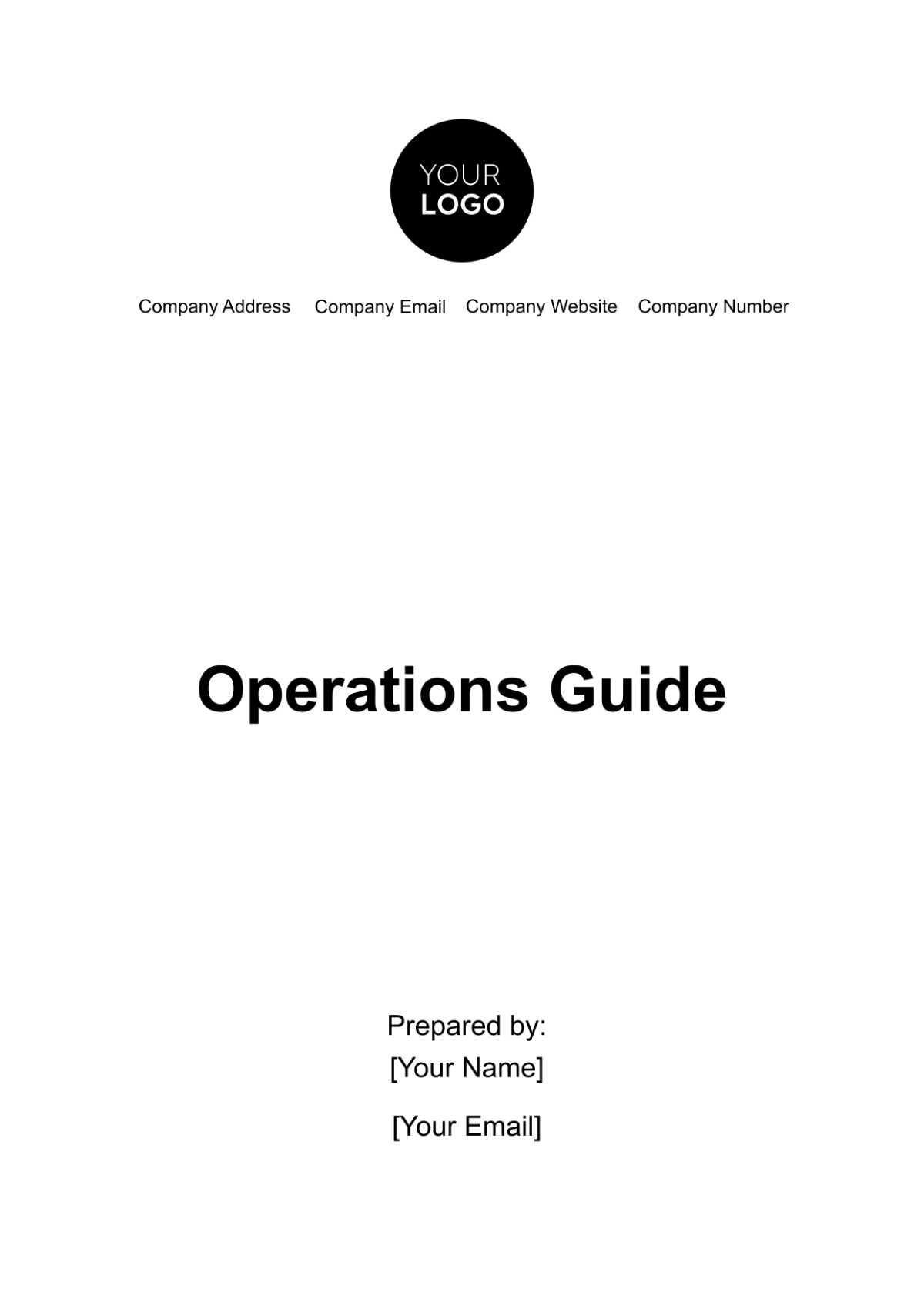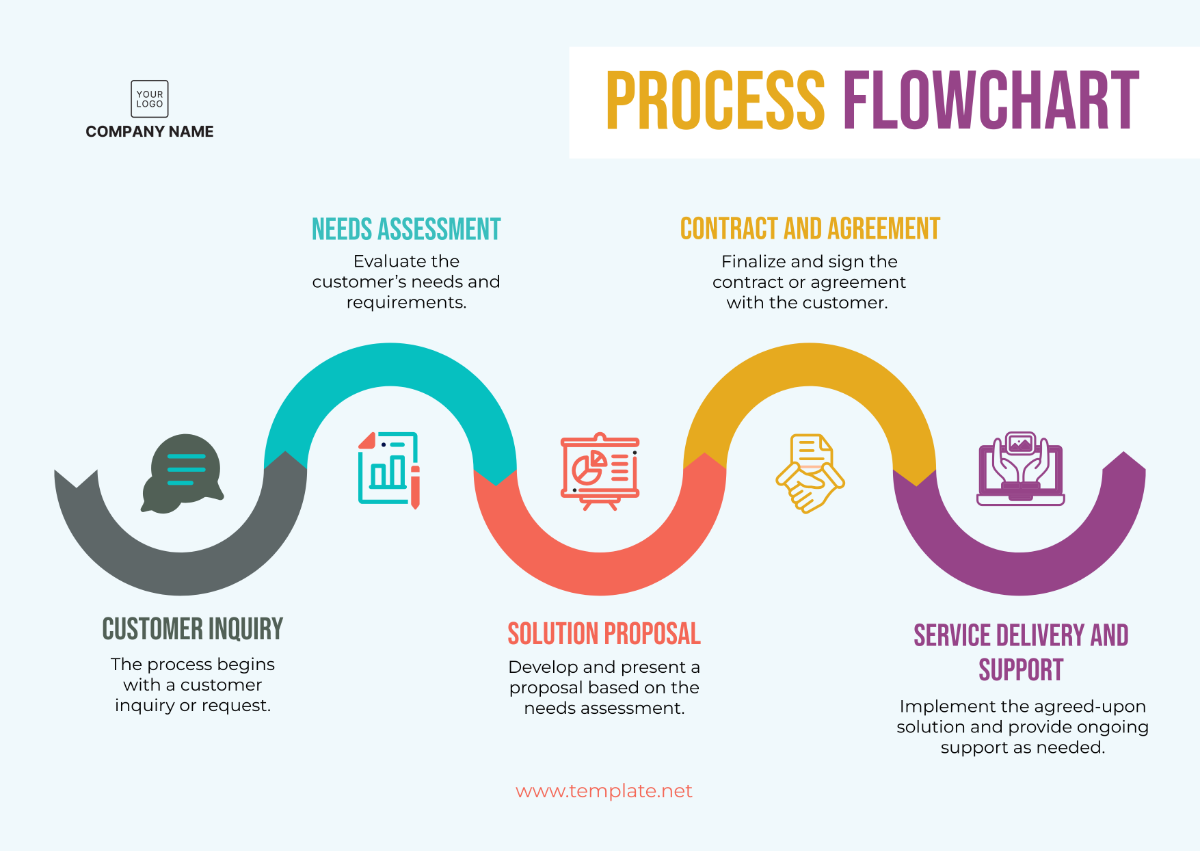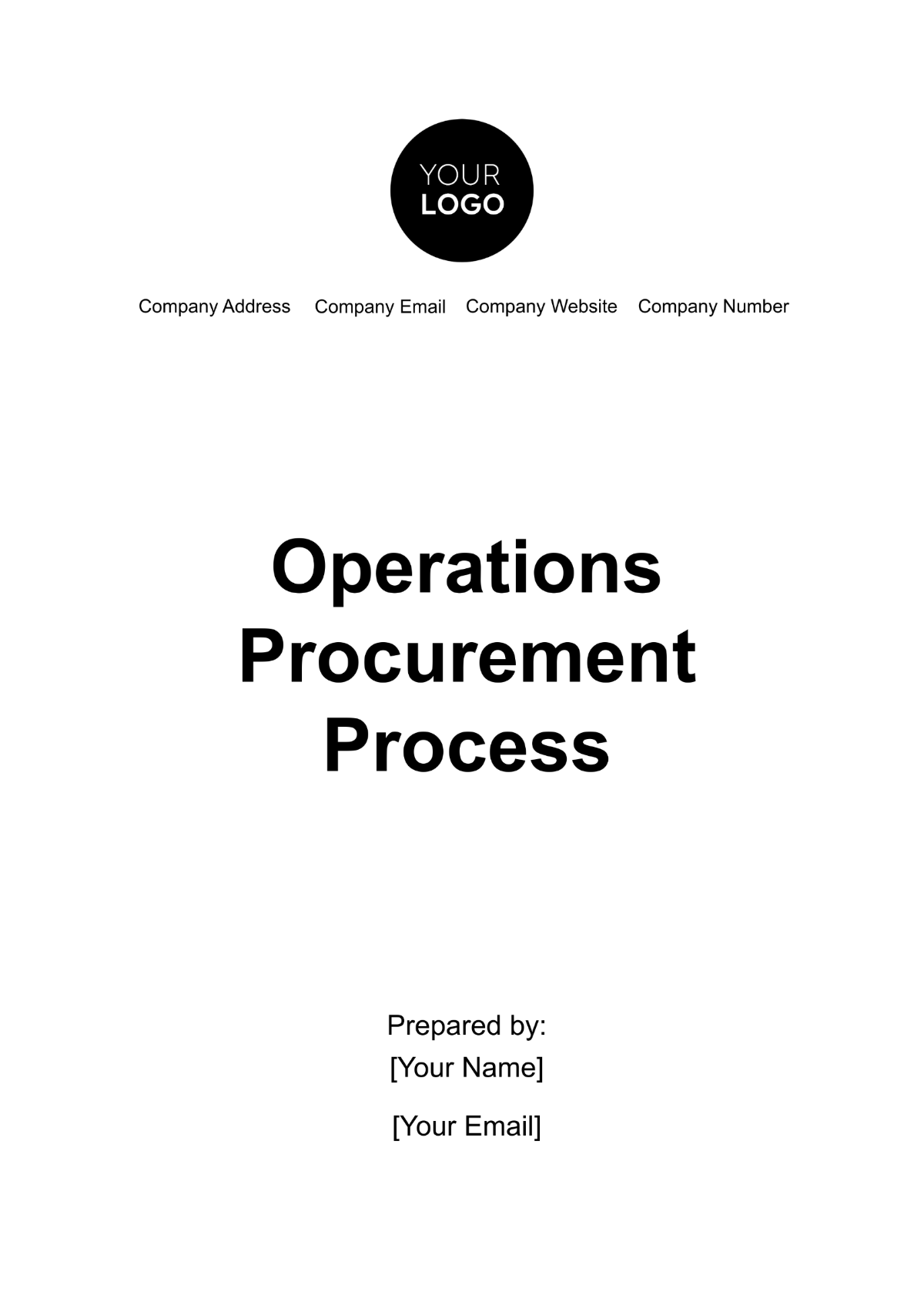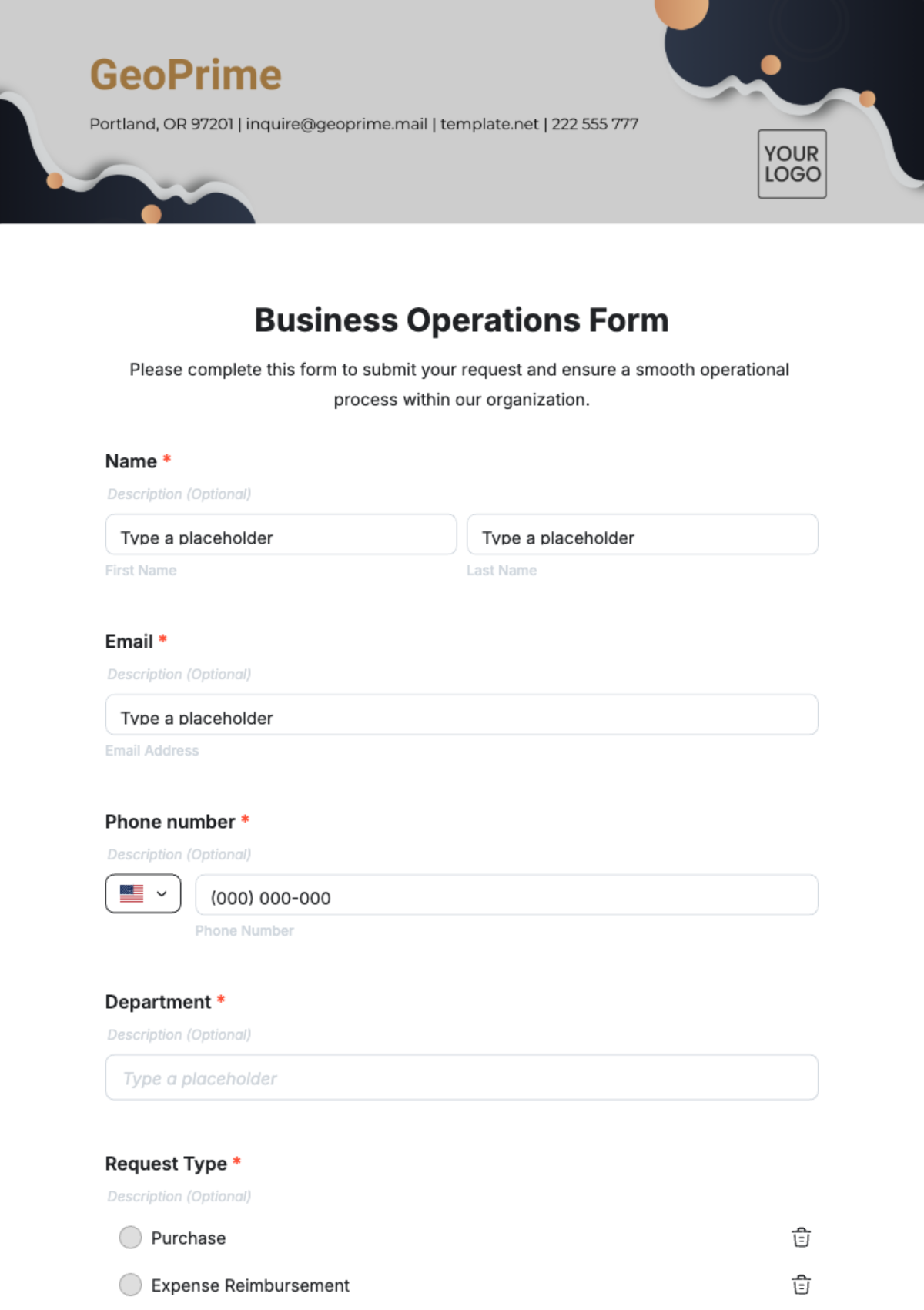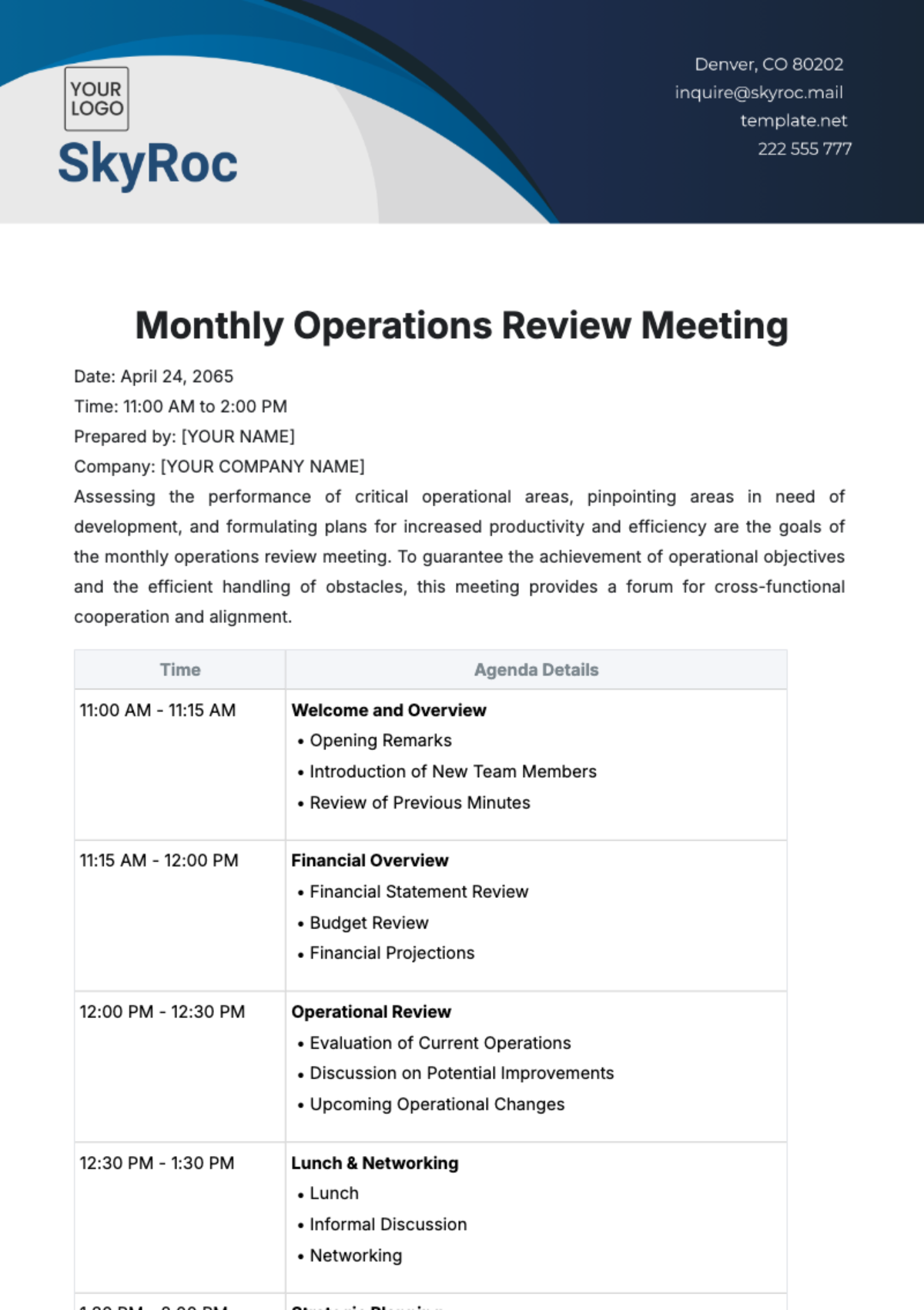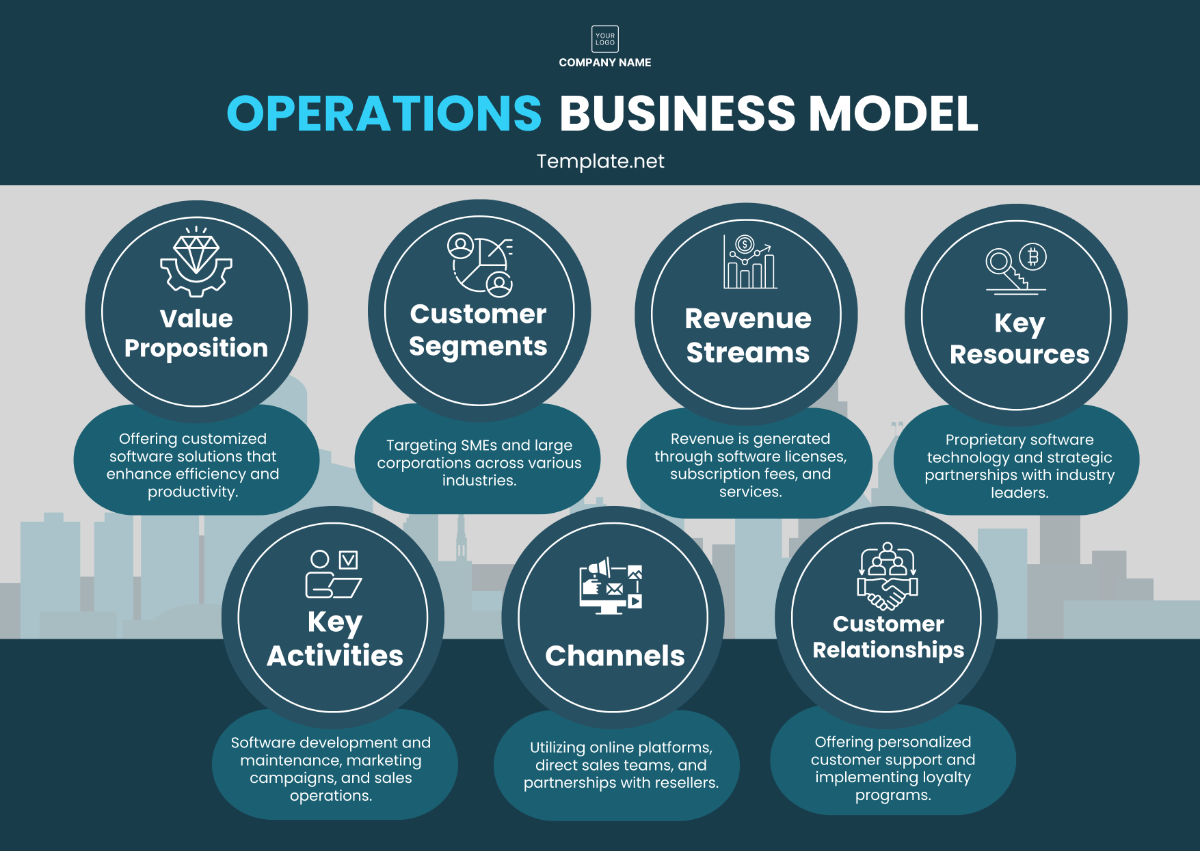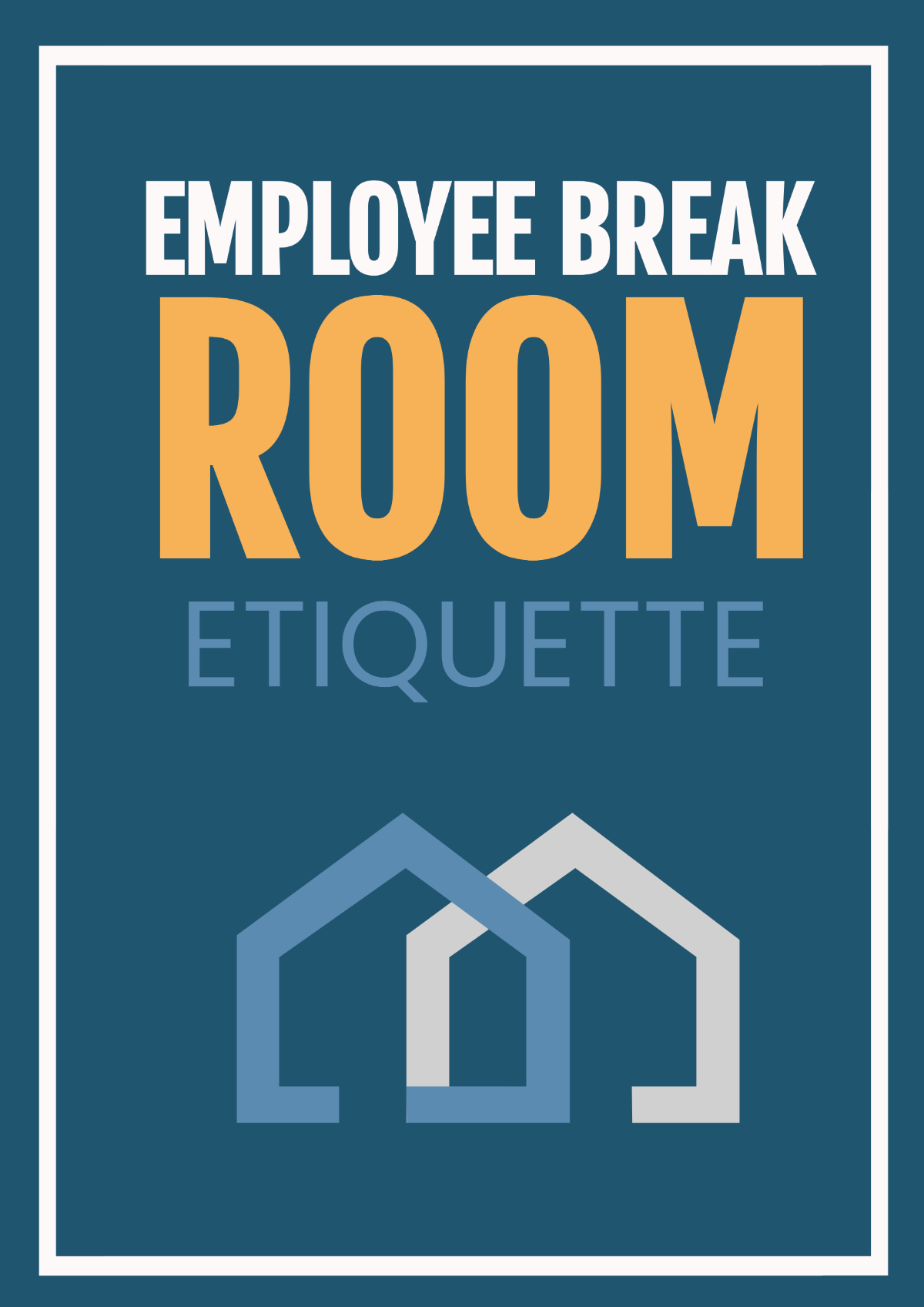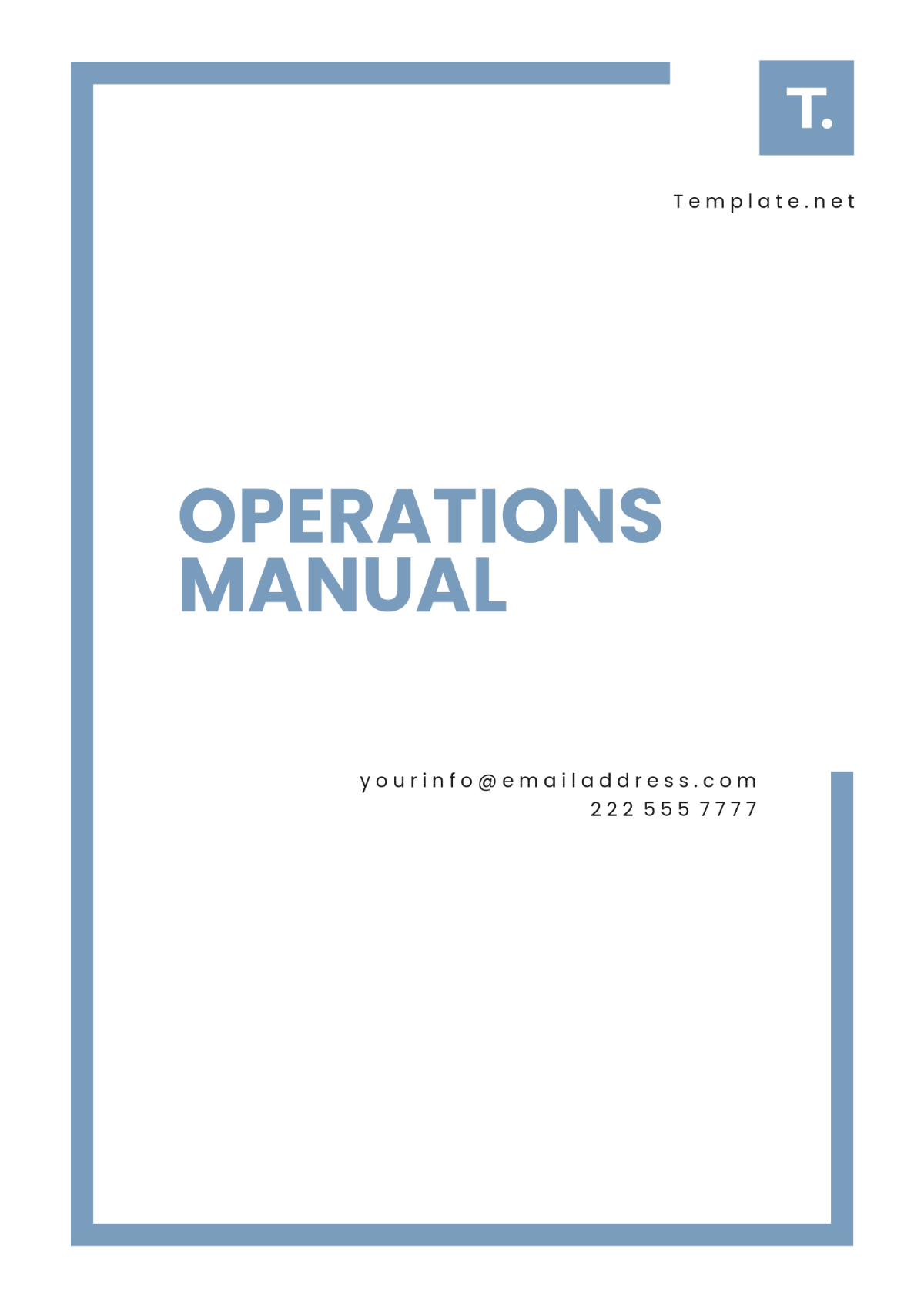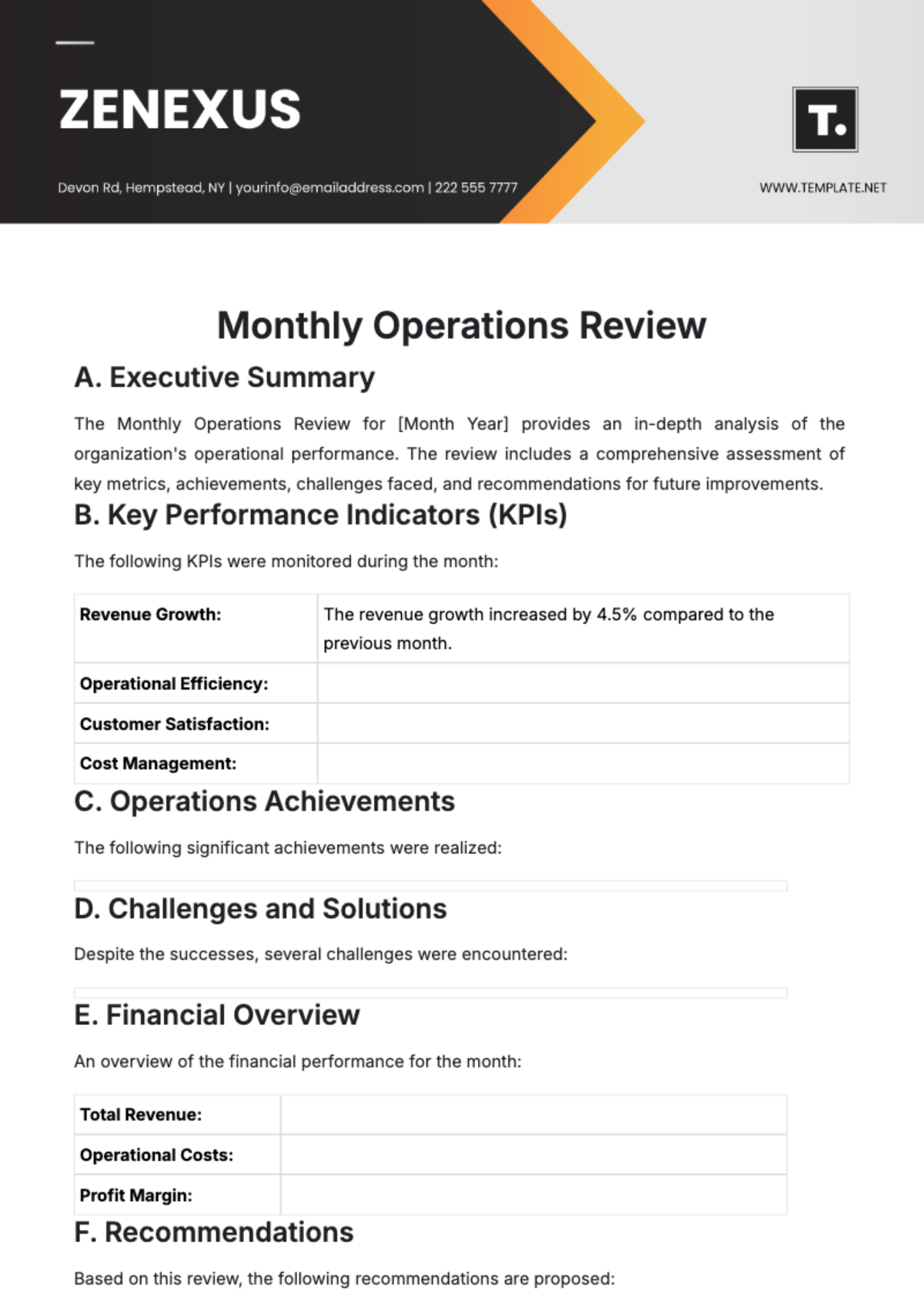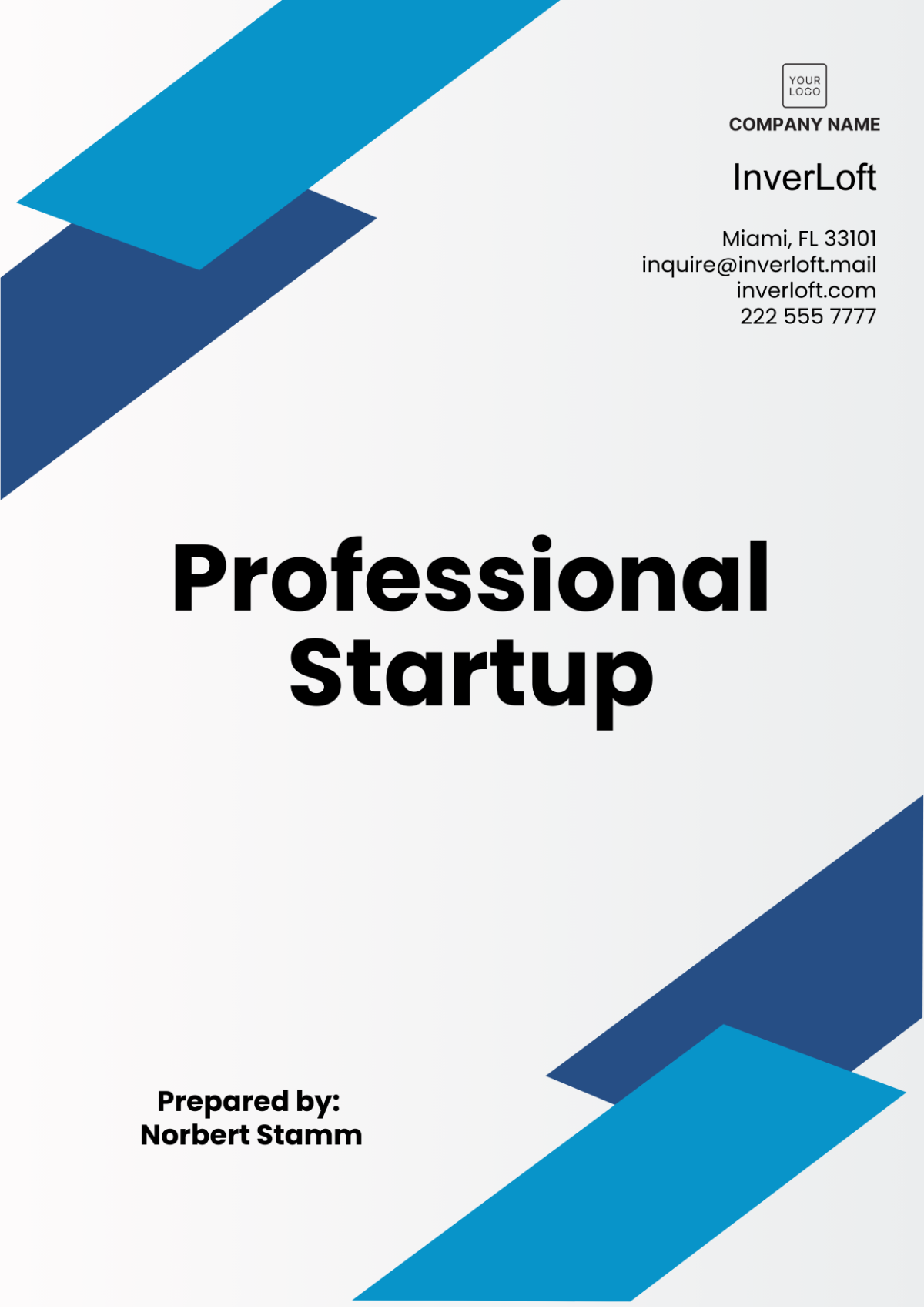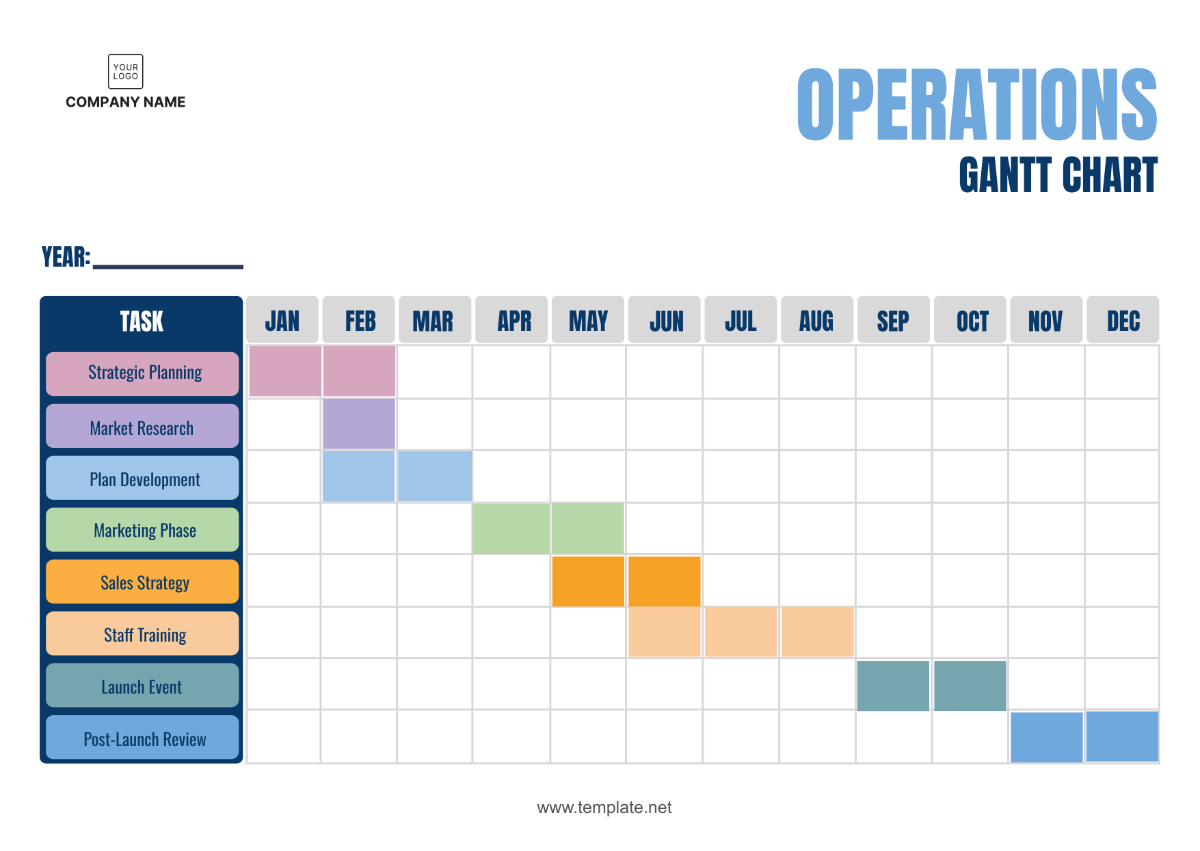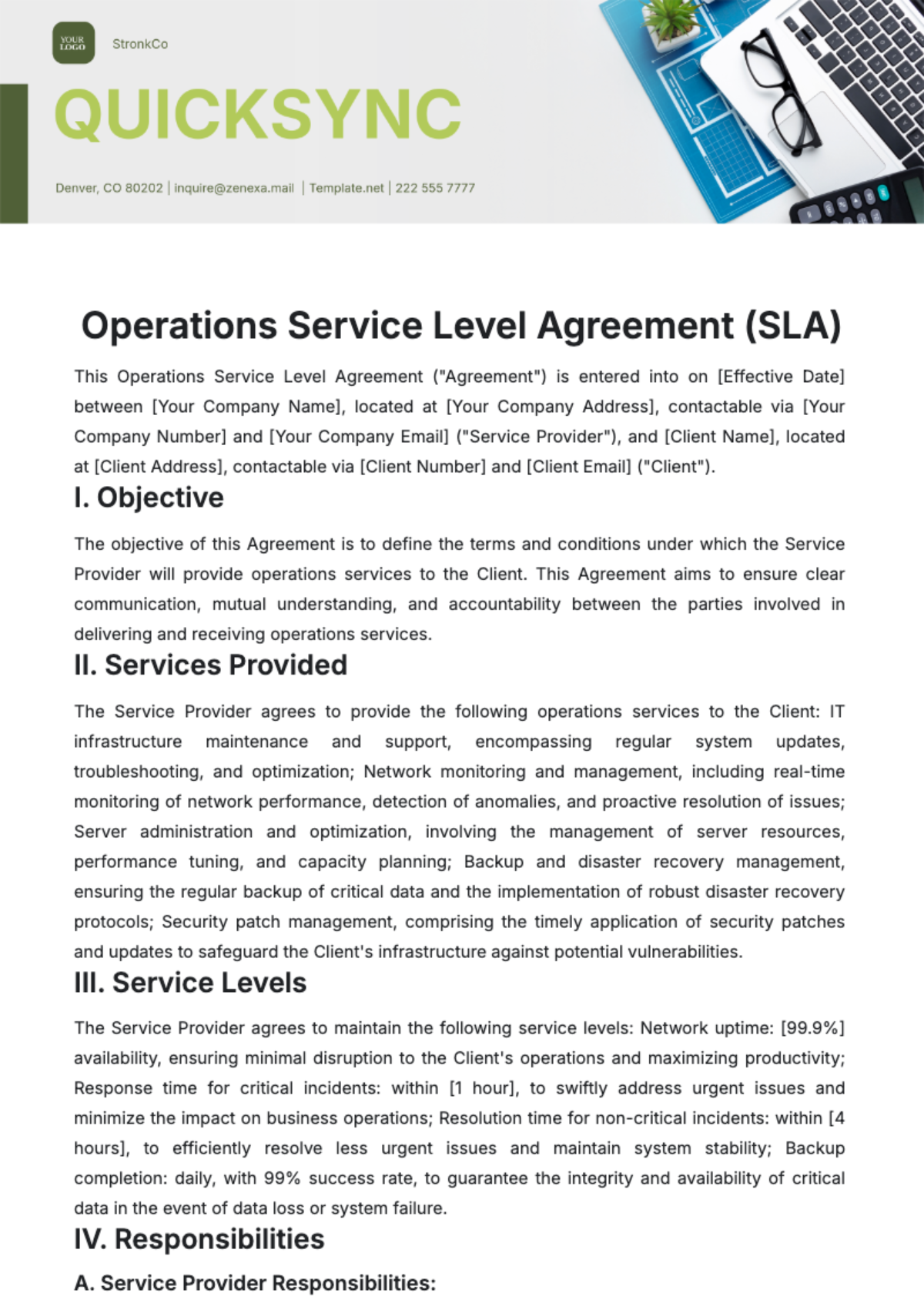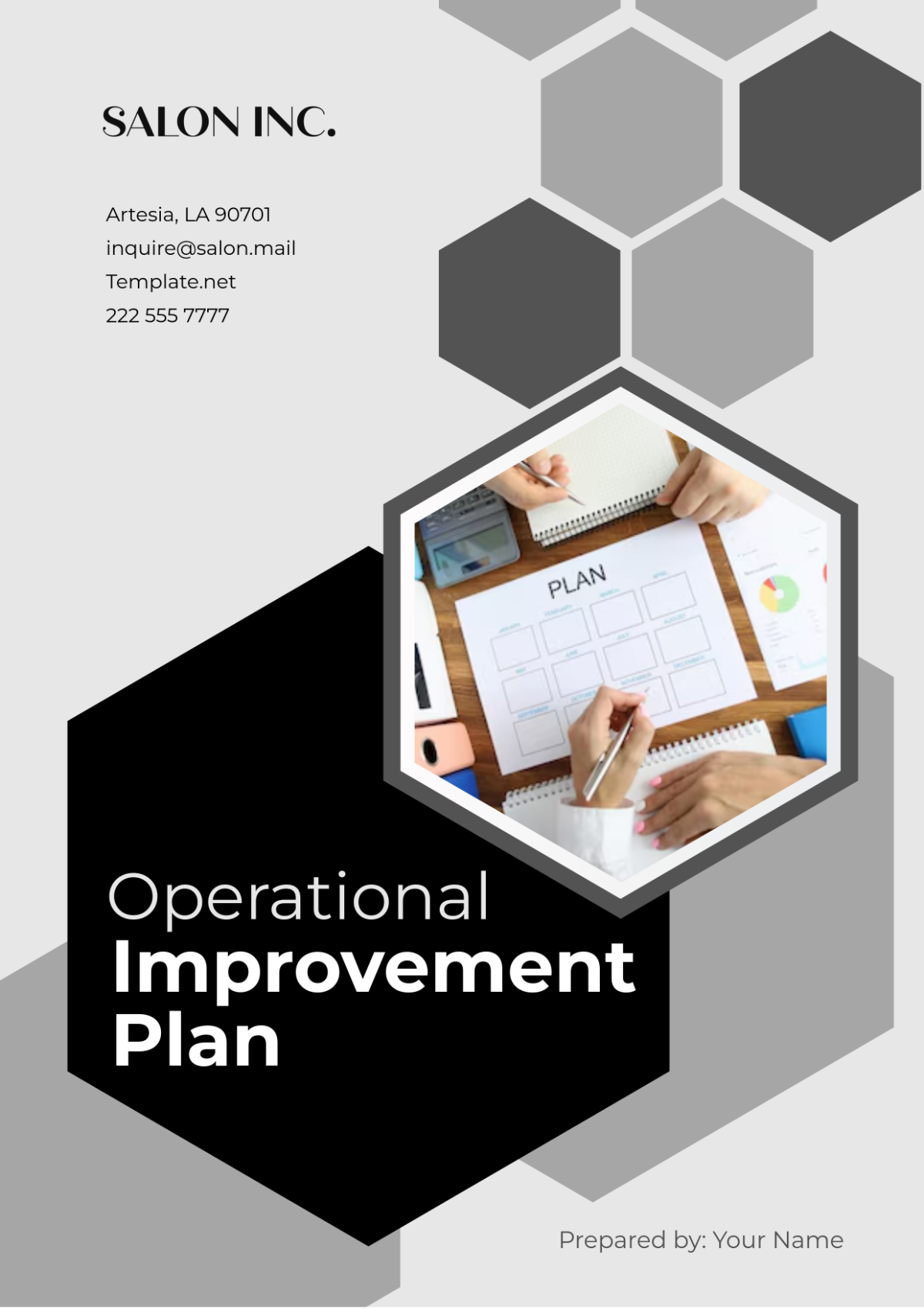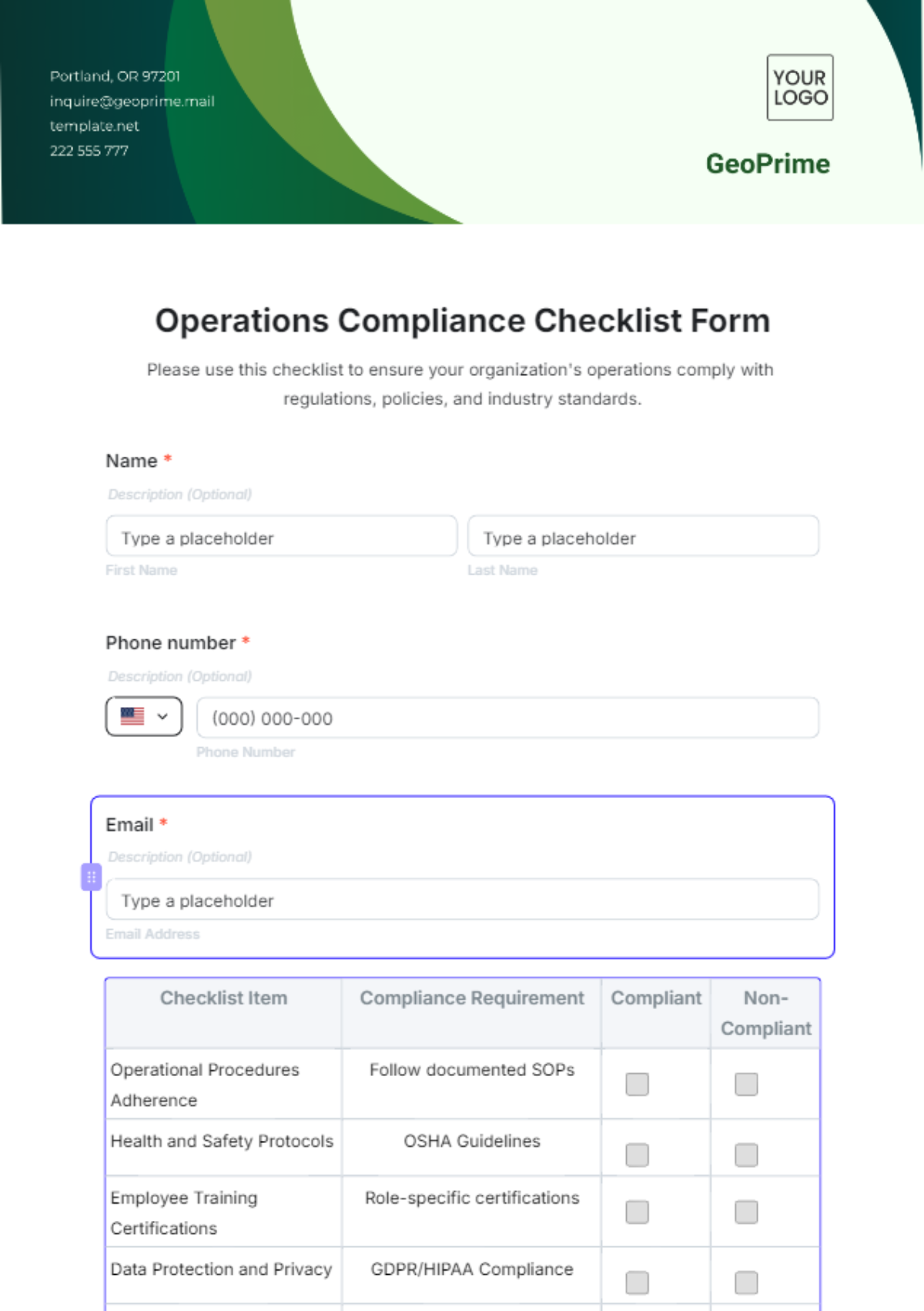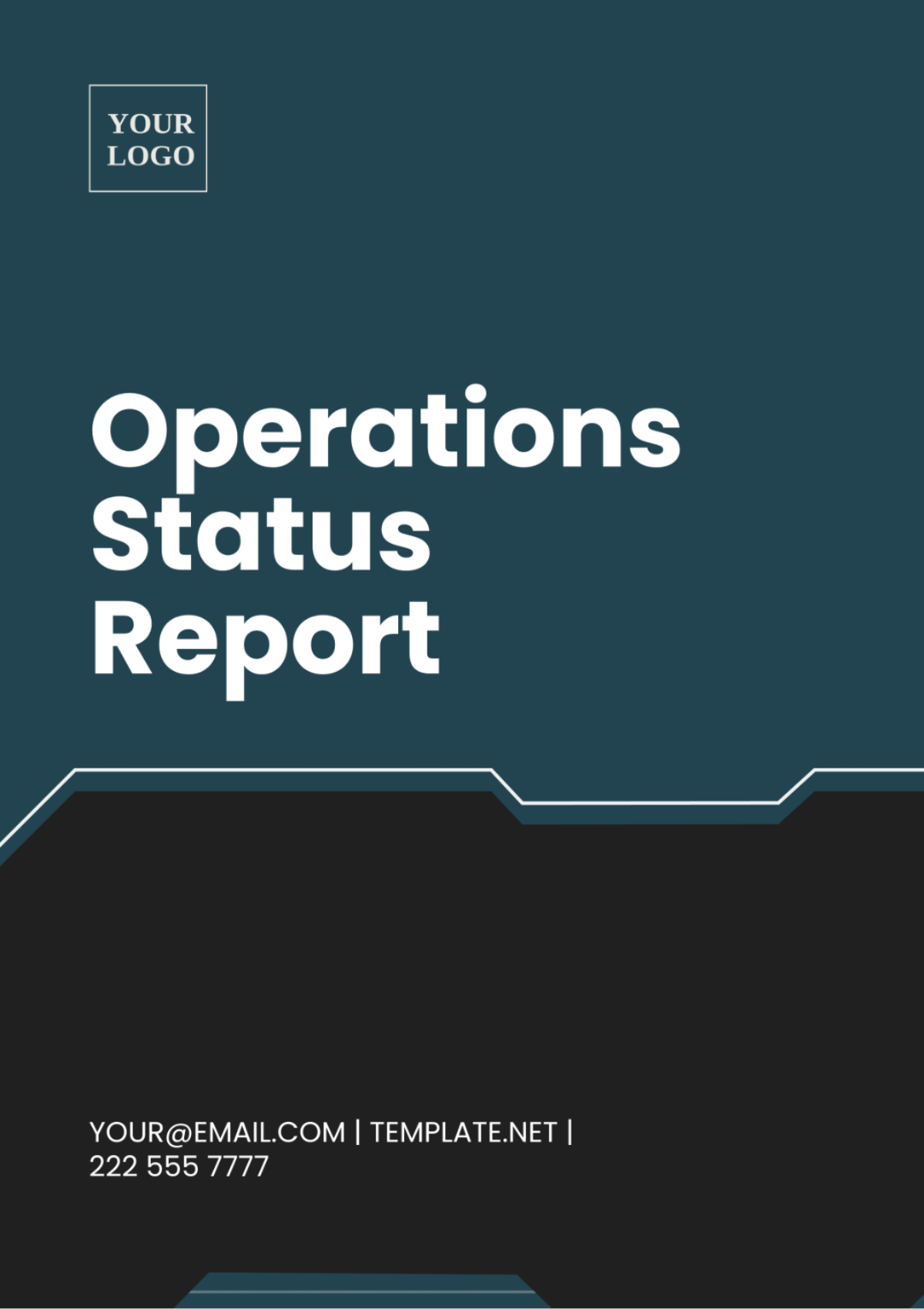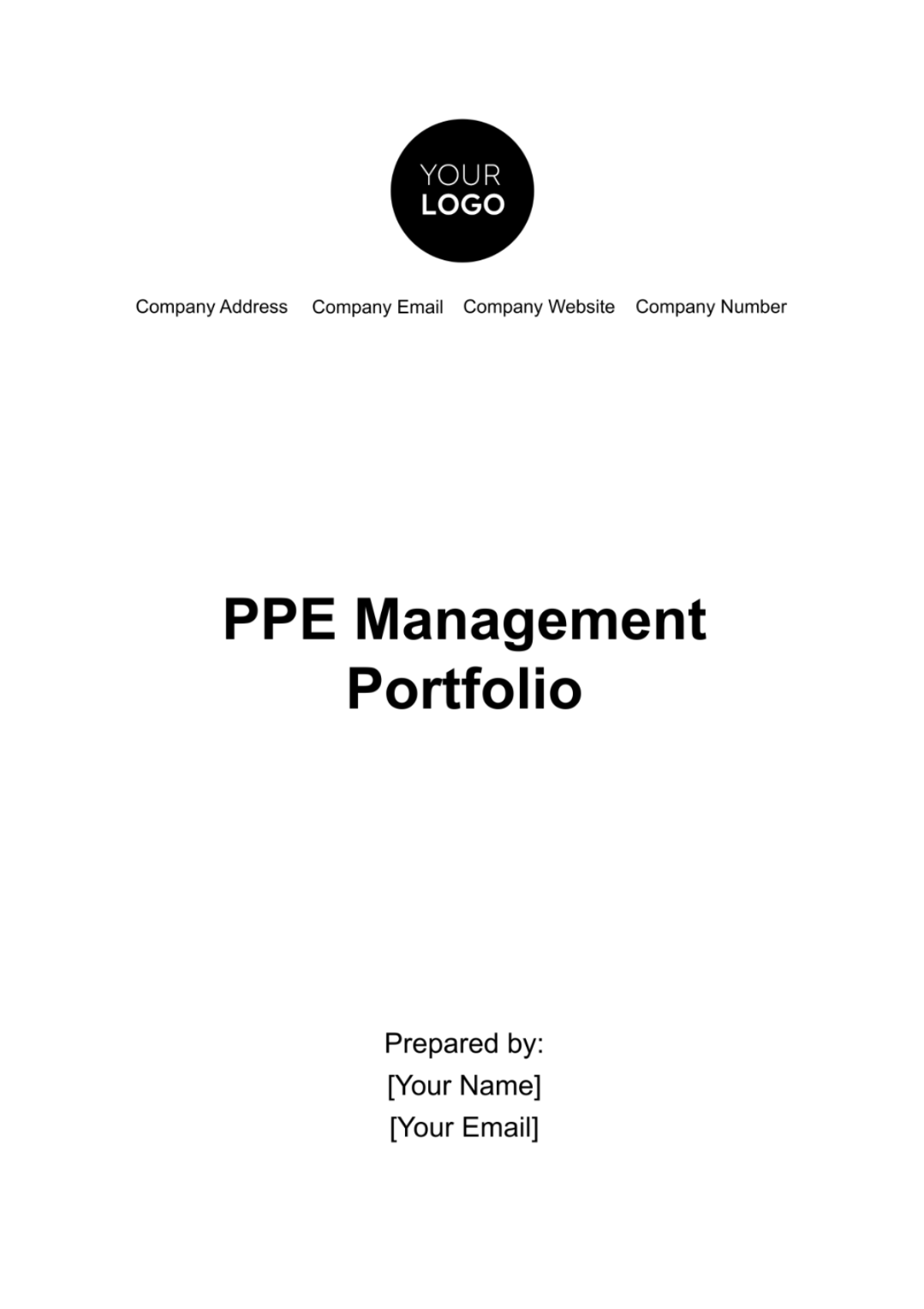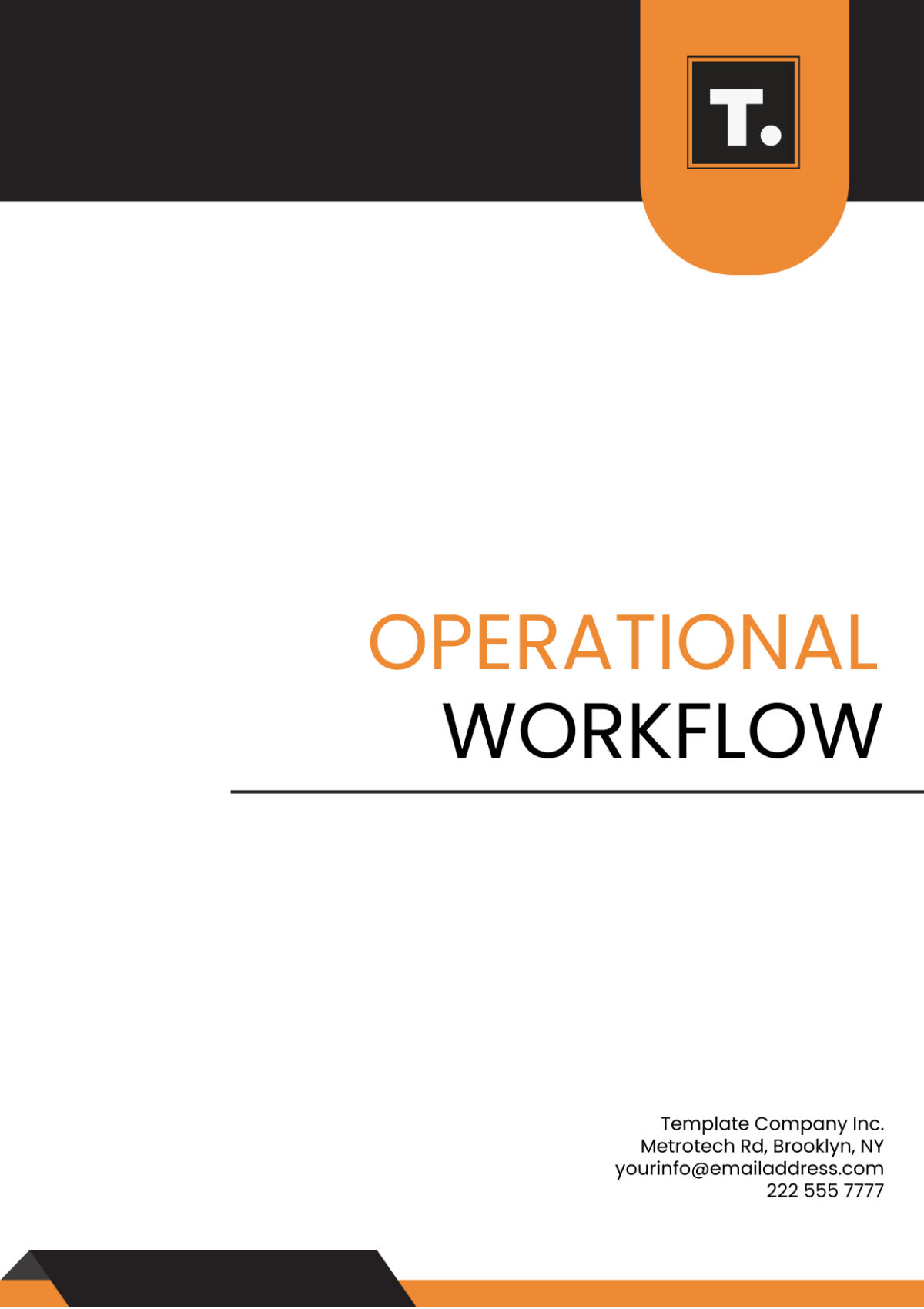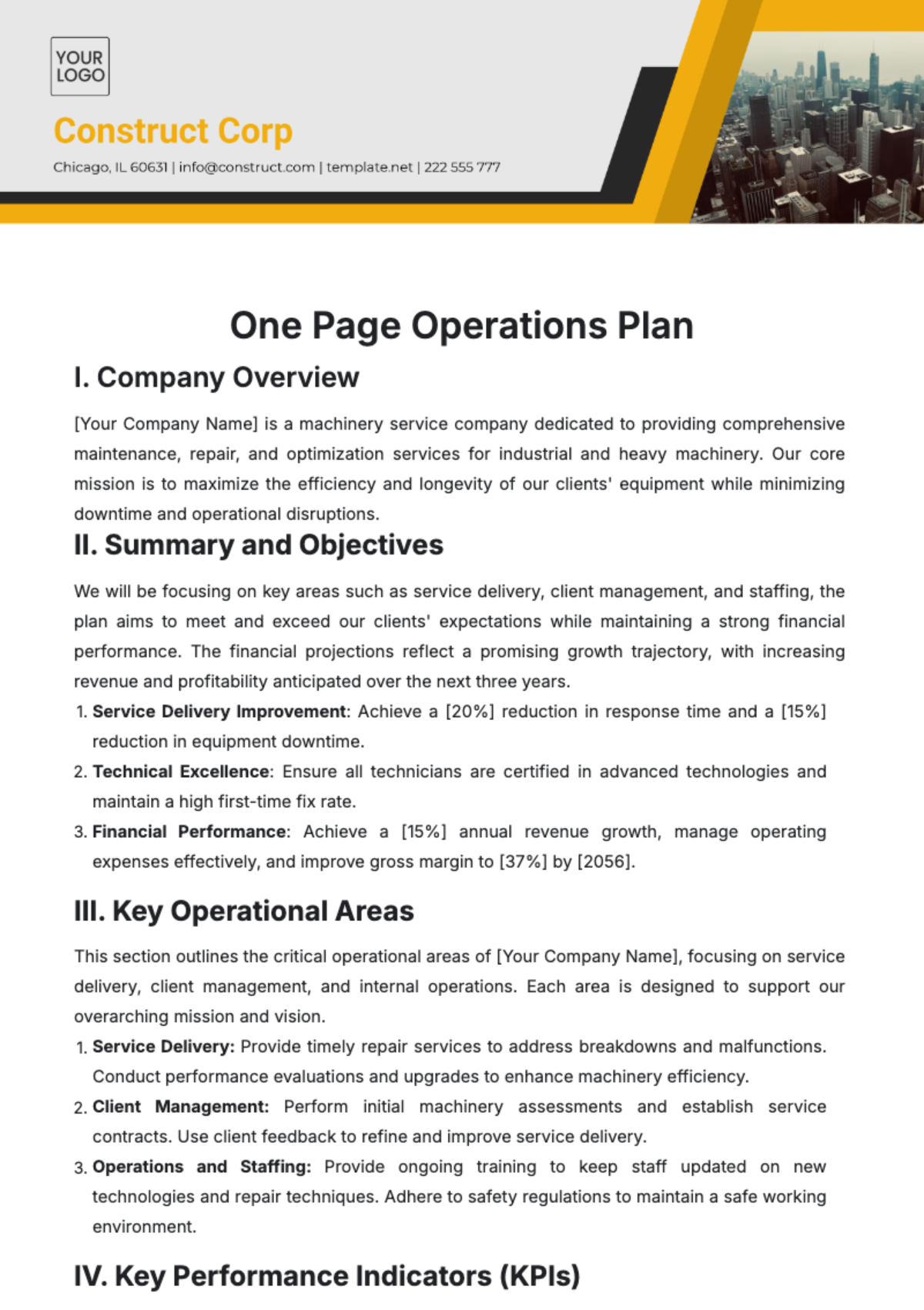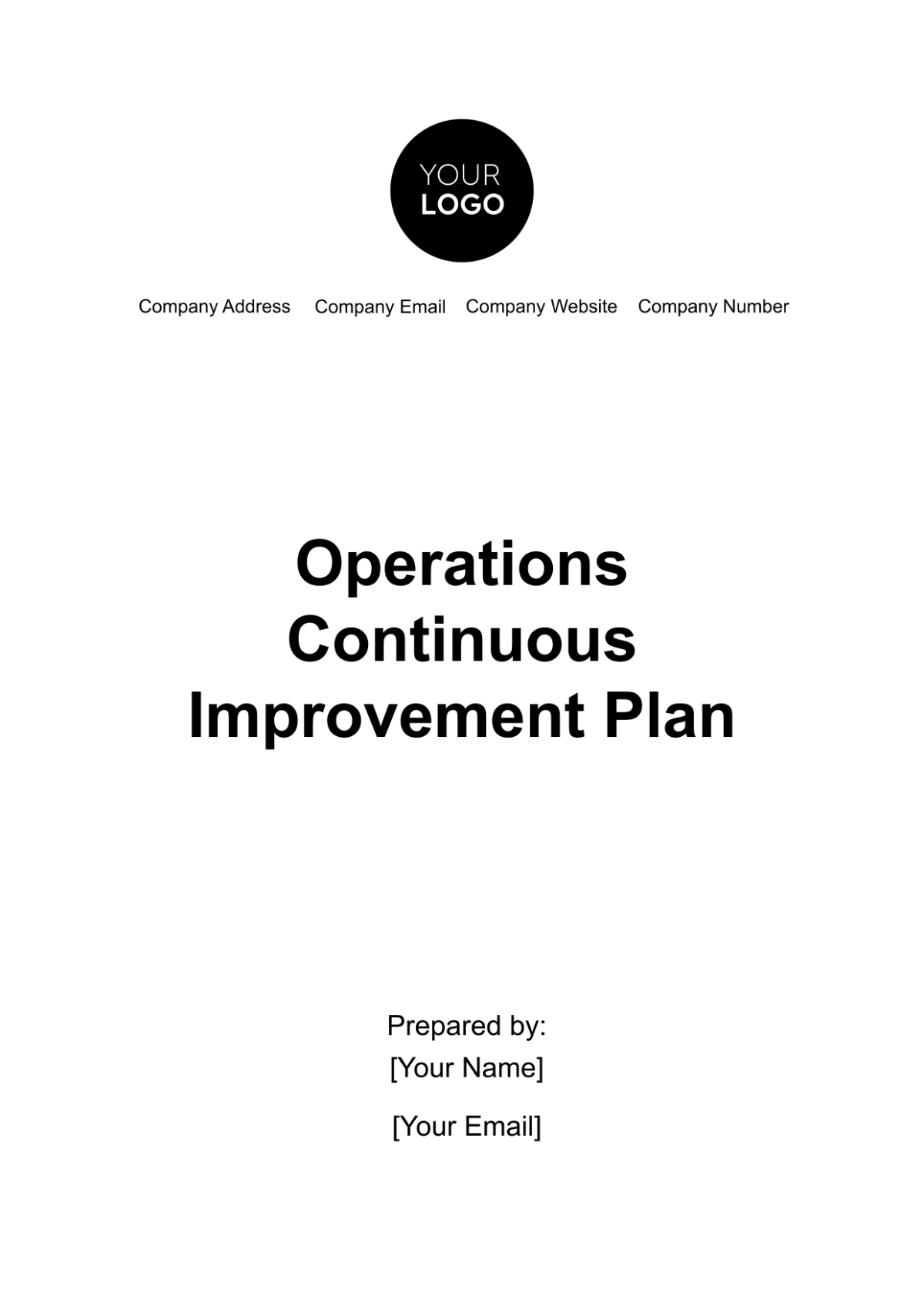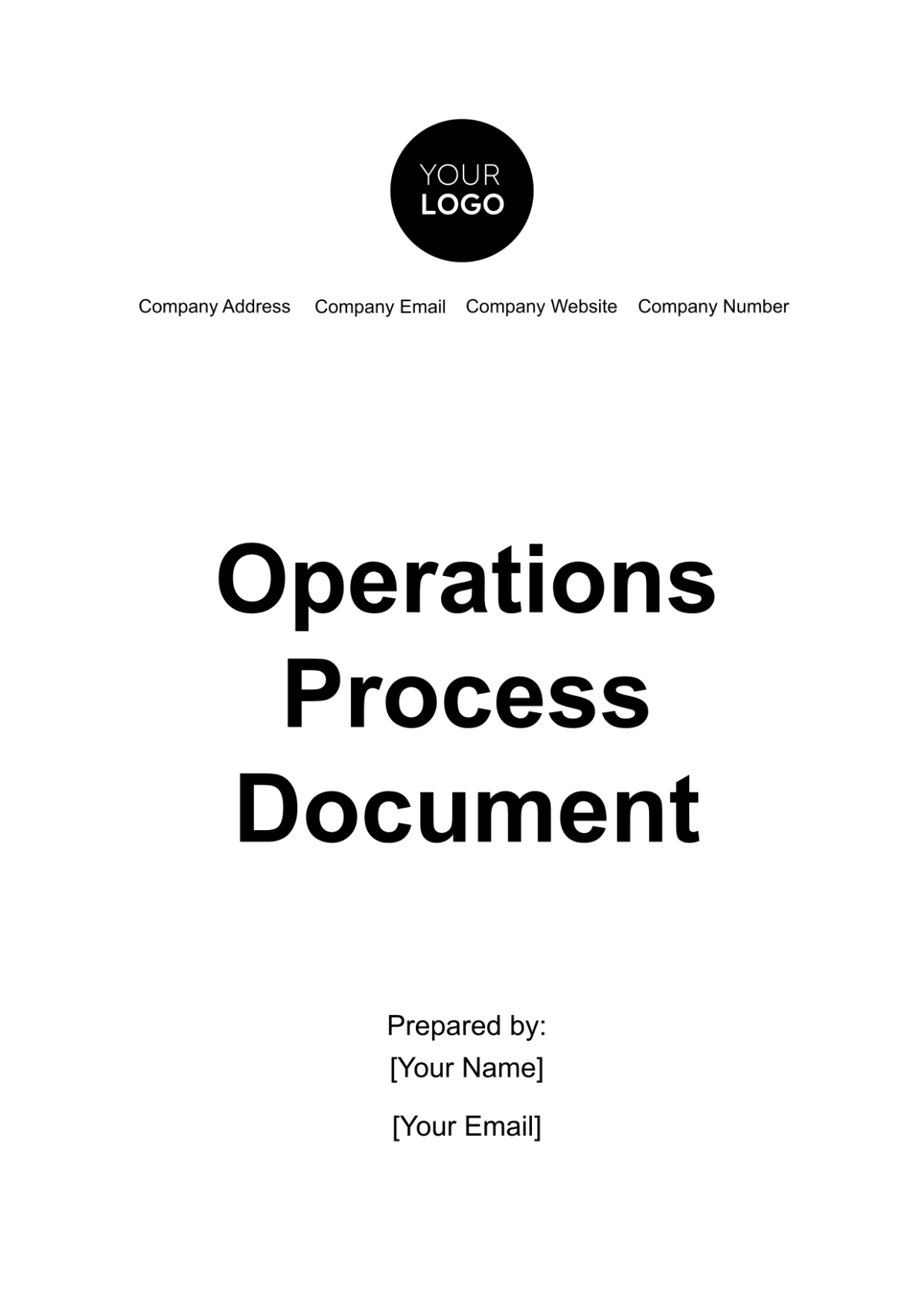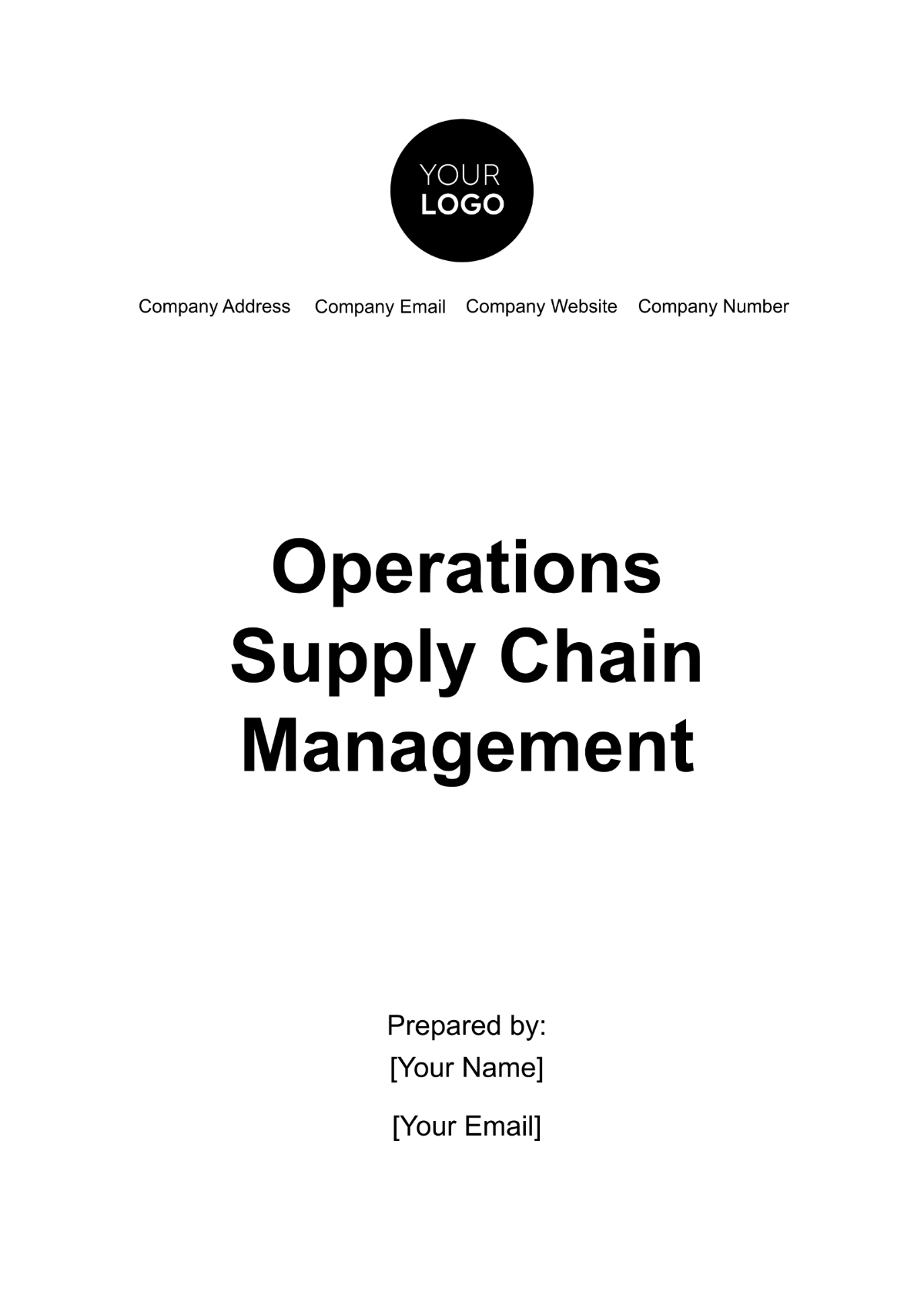Operations Procurement Process
I. Introduction
At [Your Company Name], the Operations Procurement Process is a critical component in ensuring the efficient acquisition of goods and services essential for our marketing operations. This process is designed to streamline procurement activities, reduce costs, and enhance the overall quality of products and services. By adhering to a structured approach, we aim to maintain transparency, foster competitive bidding, and ensure compliance with relevant regulations and standards.
The procurement process begins with identifying the needs of various departments and understanding their requirements. We then move to the selection of suppliers, which involves evaluating potential vendors based on criteria such as cost, quality, reliability, and compliance with our company’s standards. Our goal is to establish mutually beneficial relationships with suppliers that align with [Your Company Name]'s objectives and values.
To ensure that our procurement activities align with industry best practices and legal standards, we continuously review and update our procurement policies and procedures. This proactive approach helps us to address emerging challenges, adapt to changes in the market, and uphold our commitment to ethical and responsible sourcing. The Operations Procurement Process is integral to our success, supporting our mission to deliver exceptional marketing solutions to our clients.
II. Objectives of Procurement
The Objectives of Procurement section outlines the key goals and principles guiding our procurement activities at [Your Company Name]. This section is designed to provide a clear understanding of what our procurement process aims to achieve. By focusing on these objectives, we ensure that our procurement activities align with the company's overall strategic goals and operational needs. This foundational approach helps to drive efficiency, effectiveness, and ethical standards throughout our procurement operations.
Ensure timely acquisition of goods and services.
Optimize cost-efficiency and value for money.
Maintain compliance with legal and regulatory requirements.
Foster strong supplier relationships.
Promote ethical and sustainable procurement practices.
III. Procurement Process Flow
The procurement process at [Your Company Name] is structured to ensure that all steps from identifying needs to final payment are handled efficiently and effectively. Each stage is designed to streamline the acquisition of goods and services while maintaining high standards of quality, cost-efficiency, and compliance. By following a systematic approach, we aim to enhance our operational effectiveness and foster positive supplier relationships.
The table below outlines the detailed procurement process flow, providing a clear and organized view of each stage involved. It includes key activities such as need identification, supplier evaluation, and performance evaluation. This comprehensive overview ensures that all aspects of the procurement process are managed consistently and transparently.
Stage | Activities |
|---|---|
Need Identification |
|
Supplier Identification |
|
Request for Proposal (RFP)/Request for Quotation (RFQ) |
|
Supplier Selection |
|
Order Placement |
|
Order Receipt and Inspection |
|
Invoice Processing and Payment |
|
Performance Evaluation |
|
IV. Supplier Relationship Management
Effective Supplier Relationship Management (SRM) is a cornerstone of successful procurement at [Your Company Name]. It is crucial for fostering strong, long-term partnerships that drive mutual benefit and support our strategic goals. SRM practices focus on nurturing productive and collaborative relationships with our suppliers to ensure continuous improvement and alignment with our company’s objectives.
Regular communication and feedback are fundamental to SRM. By maintaining open and consistent dialogue, we can address issues promptly, share important updates, and provide constructive feedback. This proactive approach helps in building trust and ensures that both parties are aligned on expectations and performance standards.
Performance reviews and mutual goal setting are integral to the SRM process. Regular evaluations of supplier performance against agreed-upon metrics allow us to assess their reliability, quality, and adherence to contractual terms. Setting shared goals with suppliers fosters a collaborative environment where both parties are motivated to achieve common objectives and drive continuous improvement.
Conflict resolution mechanisms are also a key component of SRM. Establishing clear procedures for addressing disputes and challenges helps in resolving issues efficiently and maintaining a positive working relationship. These mechanisms ensure that conflicts are managed constructively, minimizing disruptions to our procurement activities.
Collaboration on new projects and initiatives strengthens our partnership with suppliers. By working together on innovative projects, we can leverage each other’s expertise and resources to achieve better outcomes and drive mutual success. This collaborative approach enhances our ability to adapt to changing market conditions and seize new opportunities.
Overall, effective SRM is vital for maximizing the value of our supplier relationships and contributing to the long-term success of [Your Company Name].
V. Compliance and Ethics
Adherence to compliance and ethical standards is paramount in our procurement process at [Your Company Name]. Upholding these principles ensures that our procurement activities are conducted with integrity, transparency, and responsibility.
Following legal and regulatory guidelines is fundamental to our procurement process. We are committed to adhering to all relevant federal, state, and local laws and regulations. This compliance not only helps us avoid legal risks but also ensures that our procurement practices are aligned with industry standards and best practices.
Ensuring transparency and fairness in all dealings is crucial for maintaining trust and fostering positive relationships with our suppliers. We strive to conduct our procurement activities with openness, providing clear information and criteria for decision-making. This approach helps in avoiding conflicts of interest and promotes an equitable process for all potential suppliers.
Promoting sustainable and responsible sourcing is an integral part of our ethical commitment. We are dedicated to selecting suppliers who share our values of environmental stewardship and social responsibility. By prioritizing sustainable practices and ethical sourcing, we contribute to the well-being of our communities and the environment, reflecting our dedication to long-term, responsible business practices.
Our commitment to compliance and ethics guides every aspect of the procurement process, ensuring that we operate with the highest standards of integrity and responsibility.
VI. Conclusion
The Operations Procurement Process at [Your Company Name] is designed to ensure that our procurement activities are conducted efficiently, ethically, and in alignment with our strategic goals. By following a structured approach that includes need identification, supplier evaluation, and performance monitoring, we can achieve optimal results and foster strong relationships with our suppliers. This process not only helps in managing costs and enhancing quality but also ensures compliance with legal and regulatory standards, promoting transparency and fairness throughout.
Our commitment to effective procurement practices reflects our dedication to operational excellence and responsible business conduct. By continuously reviewing and refining our procurement procedures, we strive to adapt to evolving market conditions and industry best practices. This proactive approach enables us to address challenges effectively, seize new opportunities, and uphold our values of integrity and sustainability. Ultimately, a robust procurement process supports our mission to deliver exceptional marketing solutions while contributing to the long-term success and reputation of [Your Company Name].
